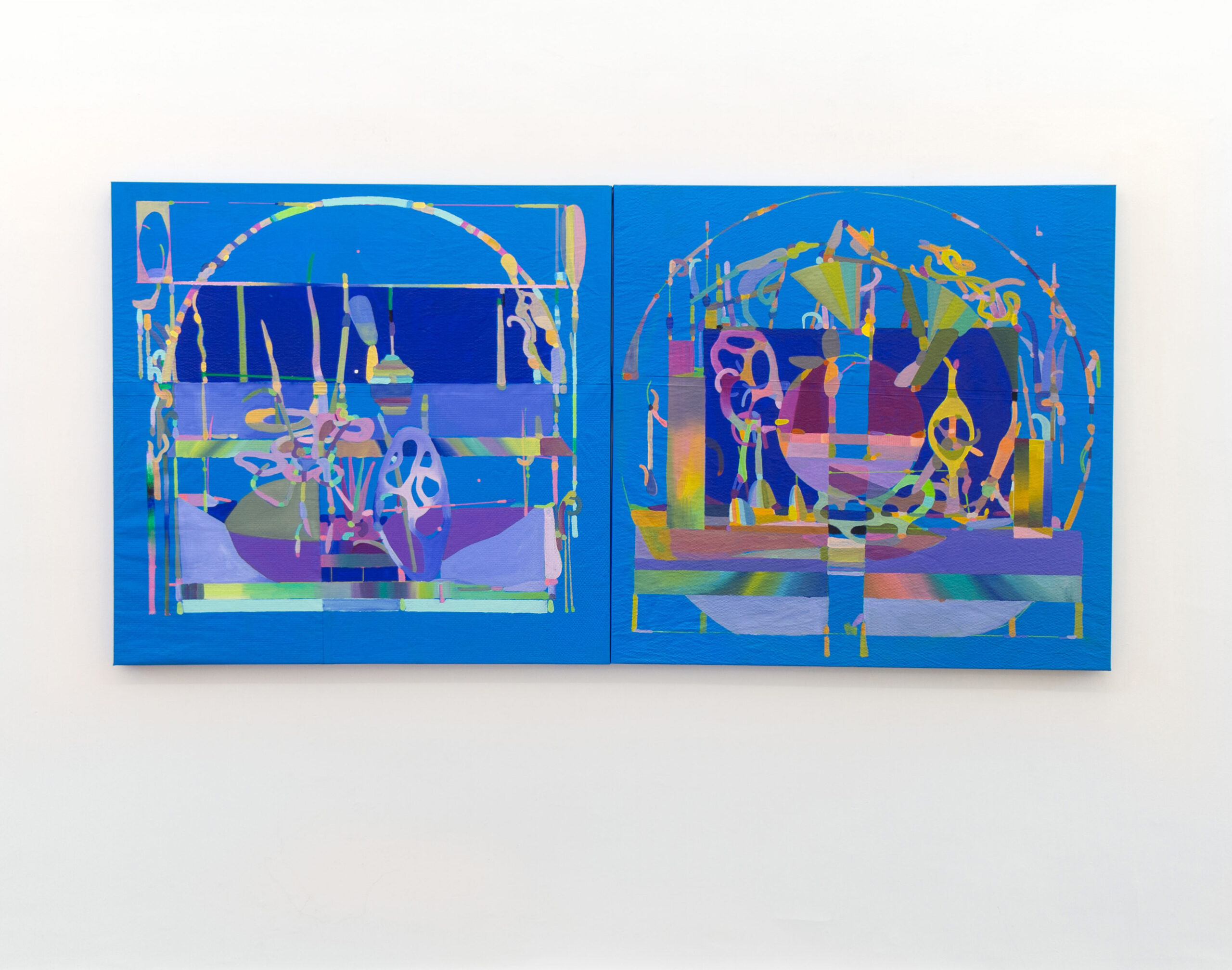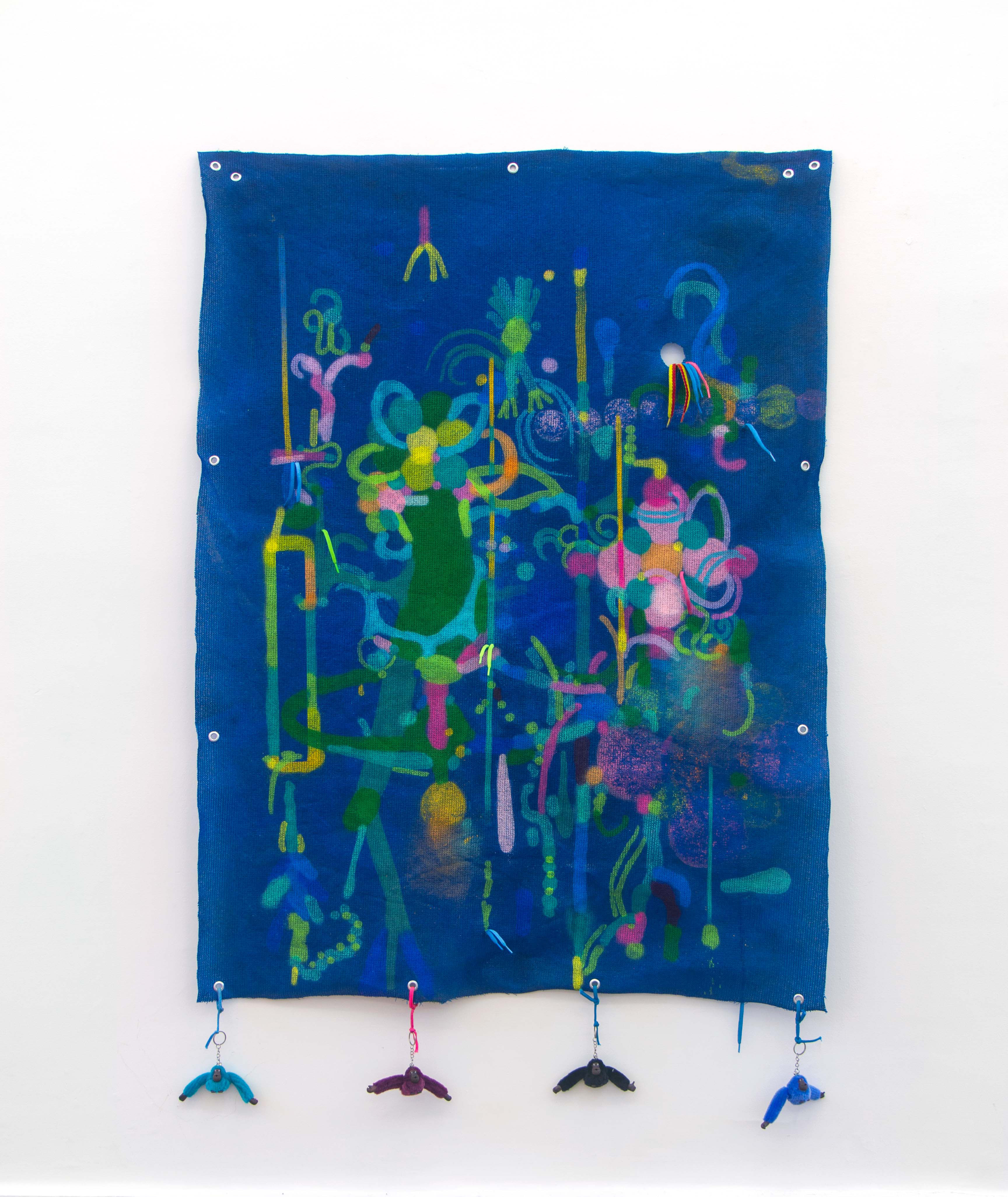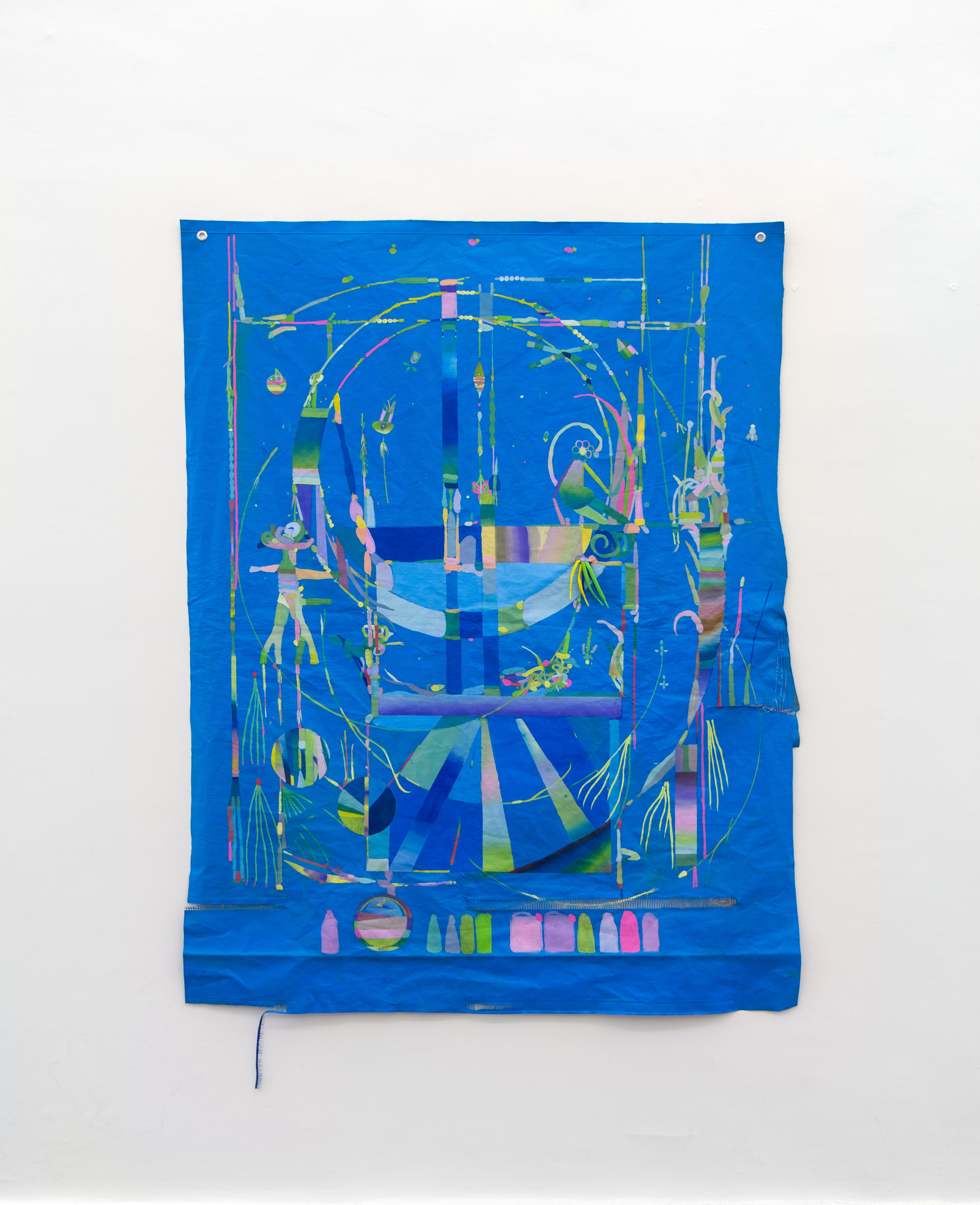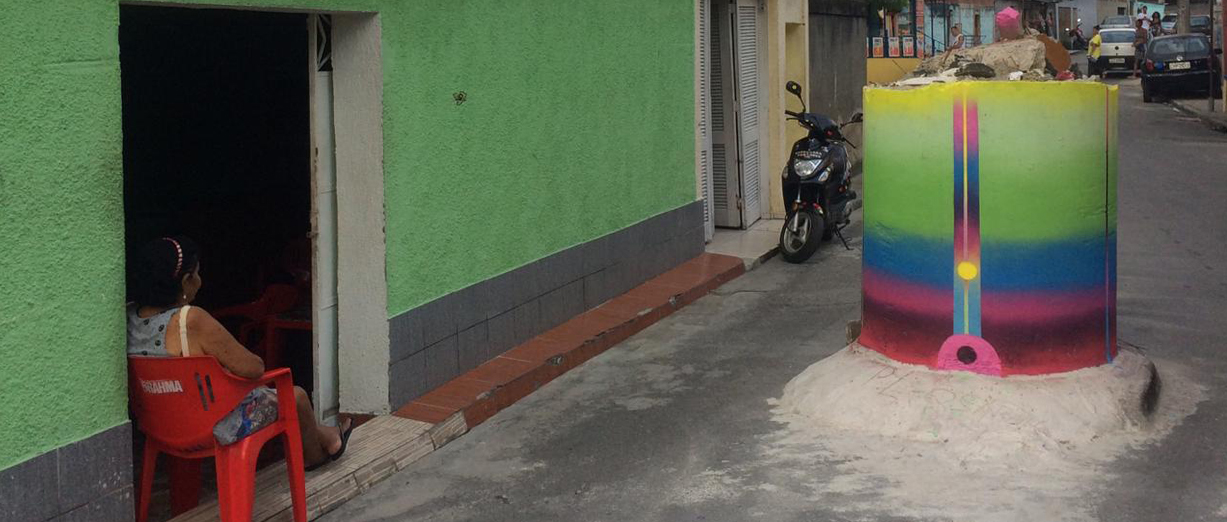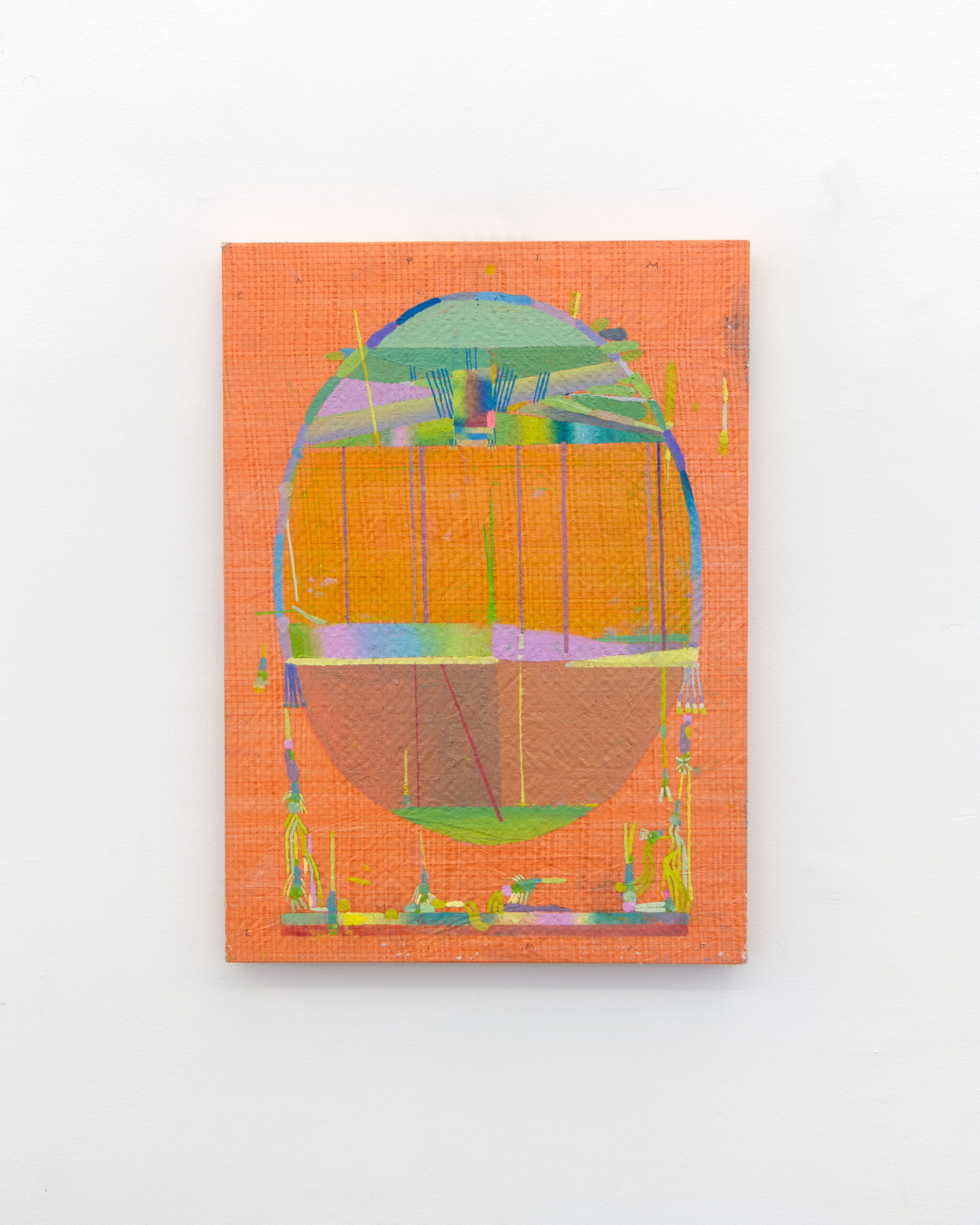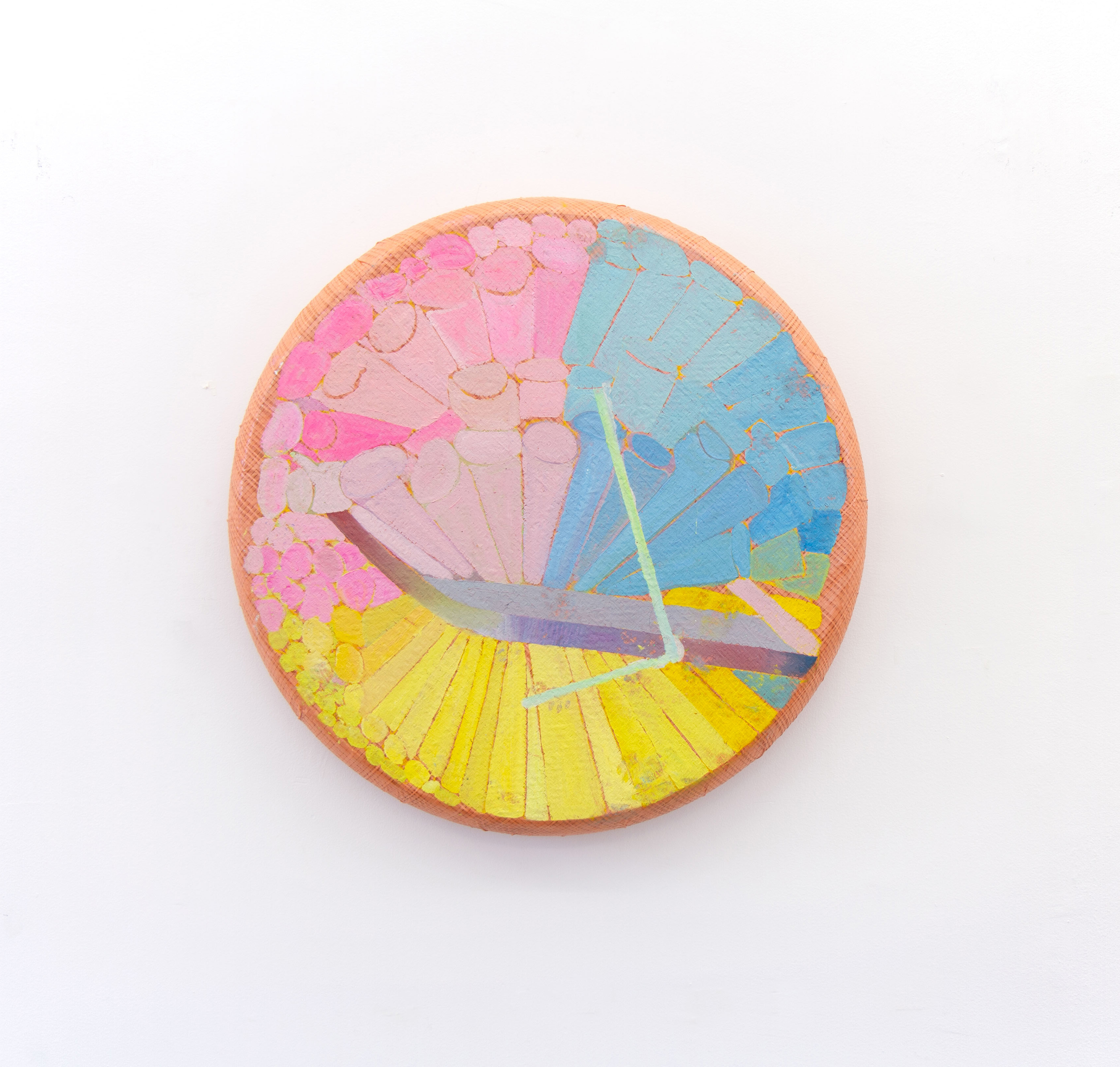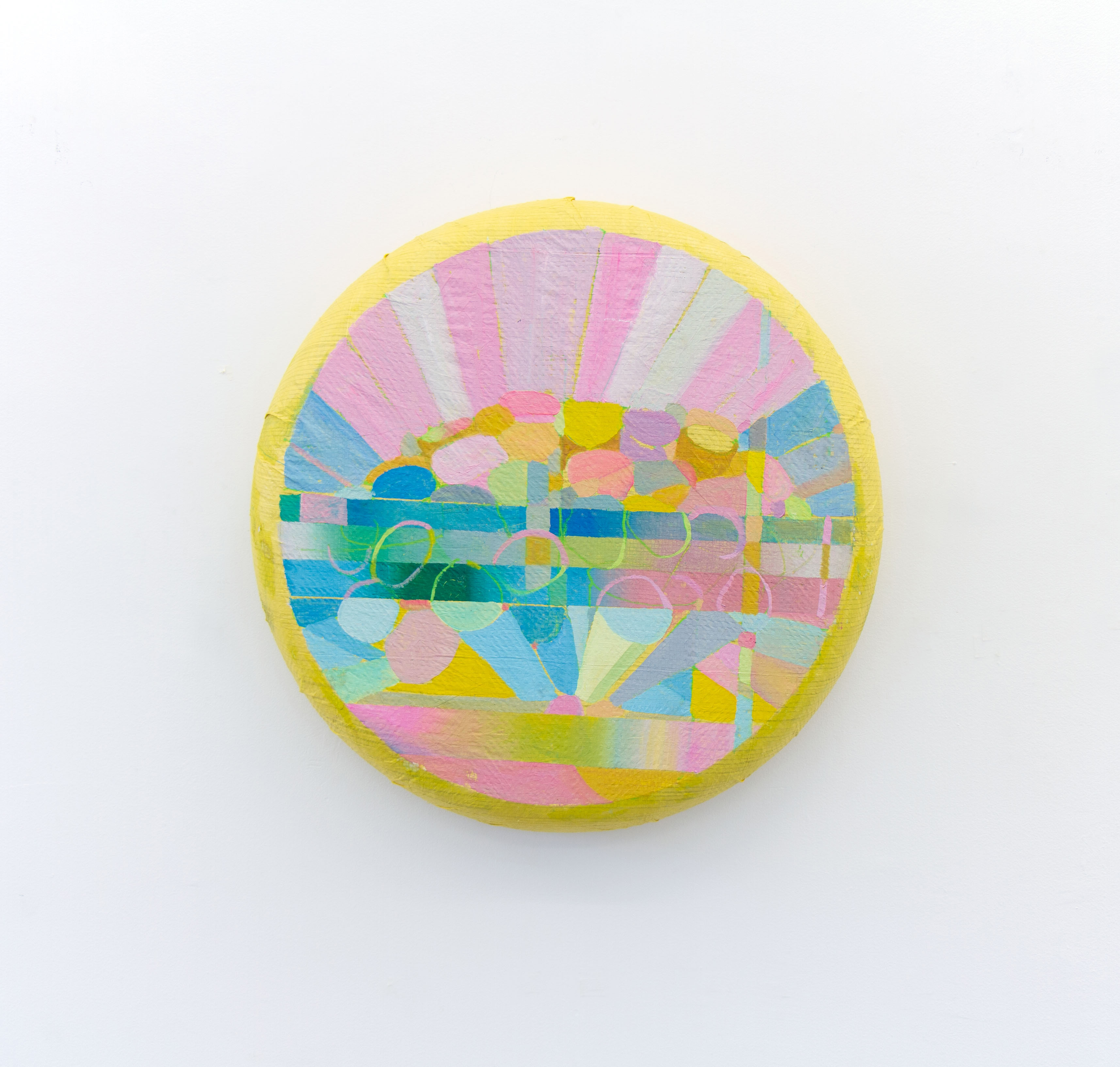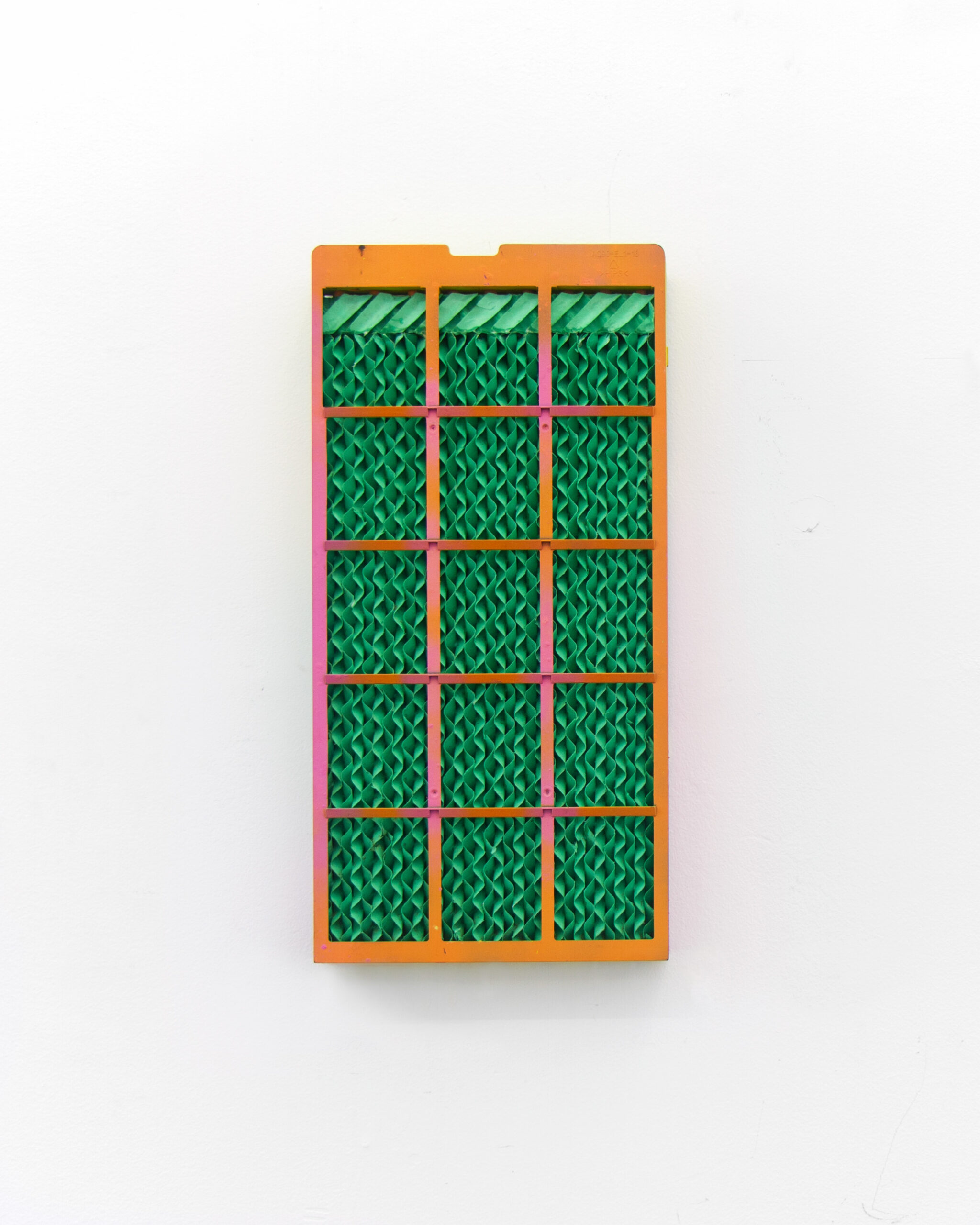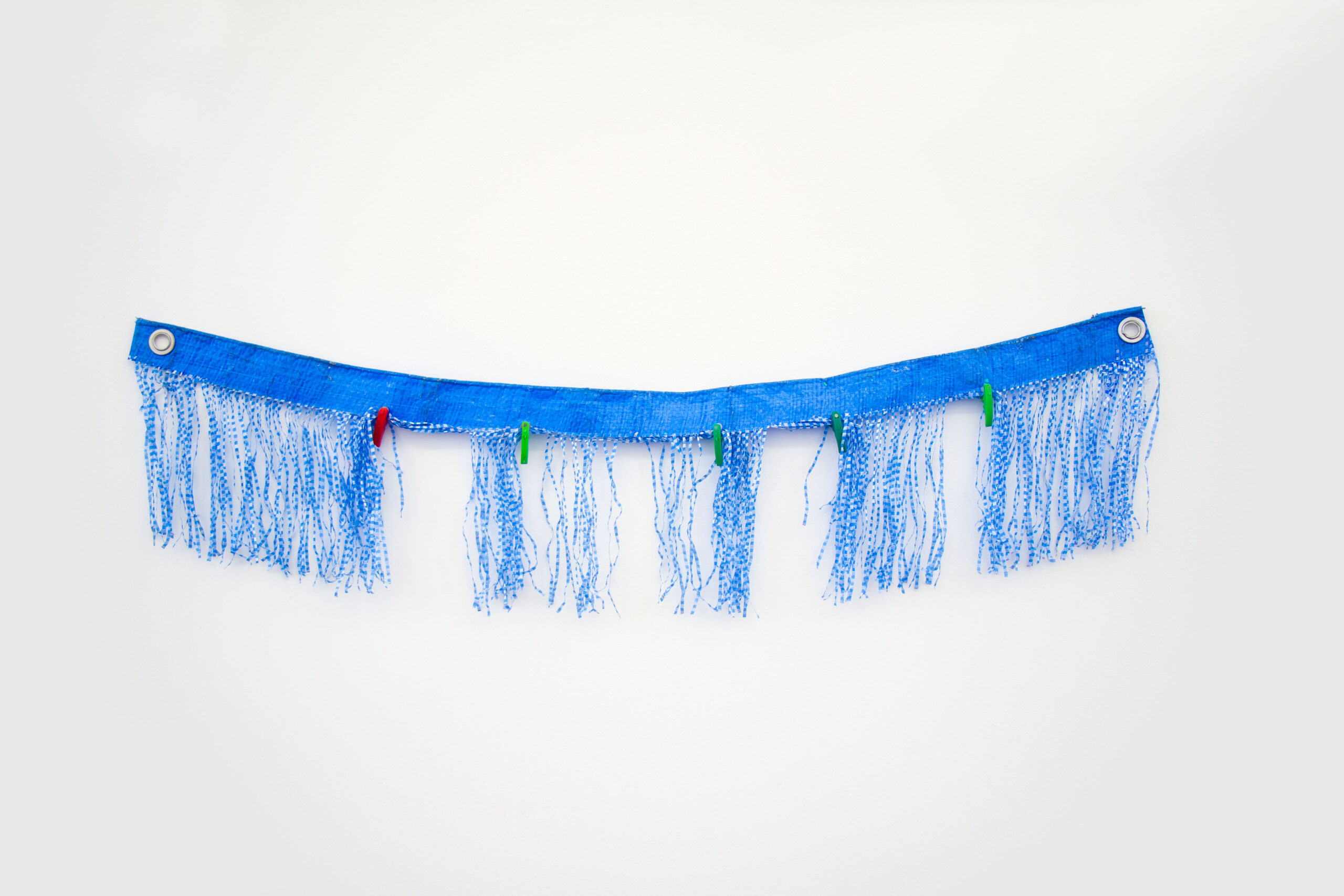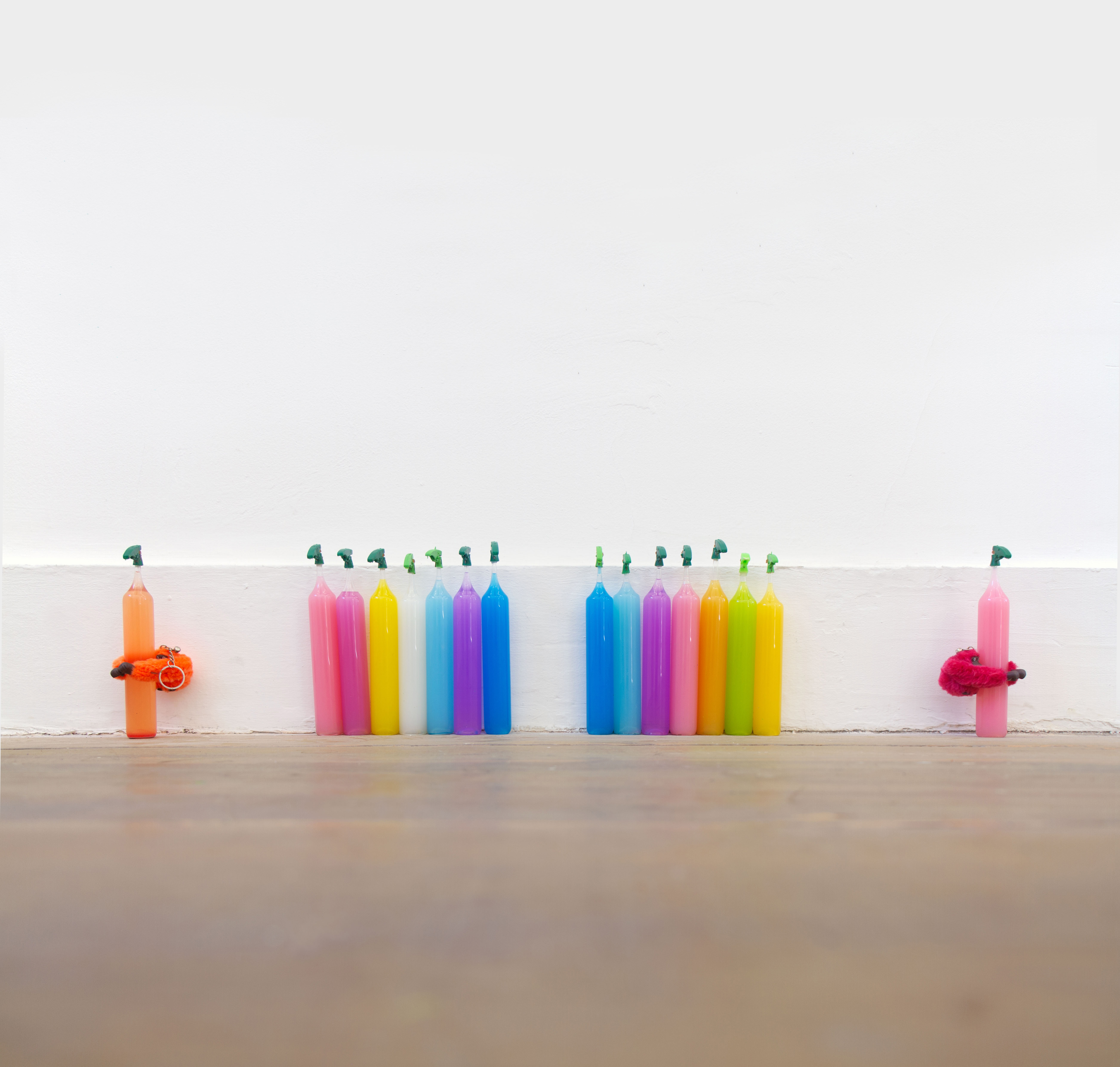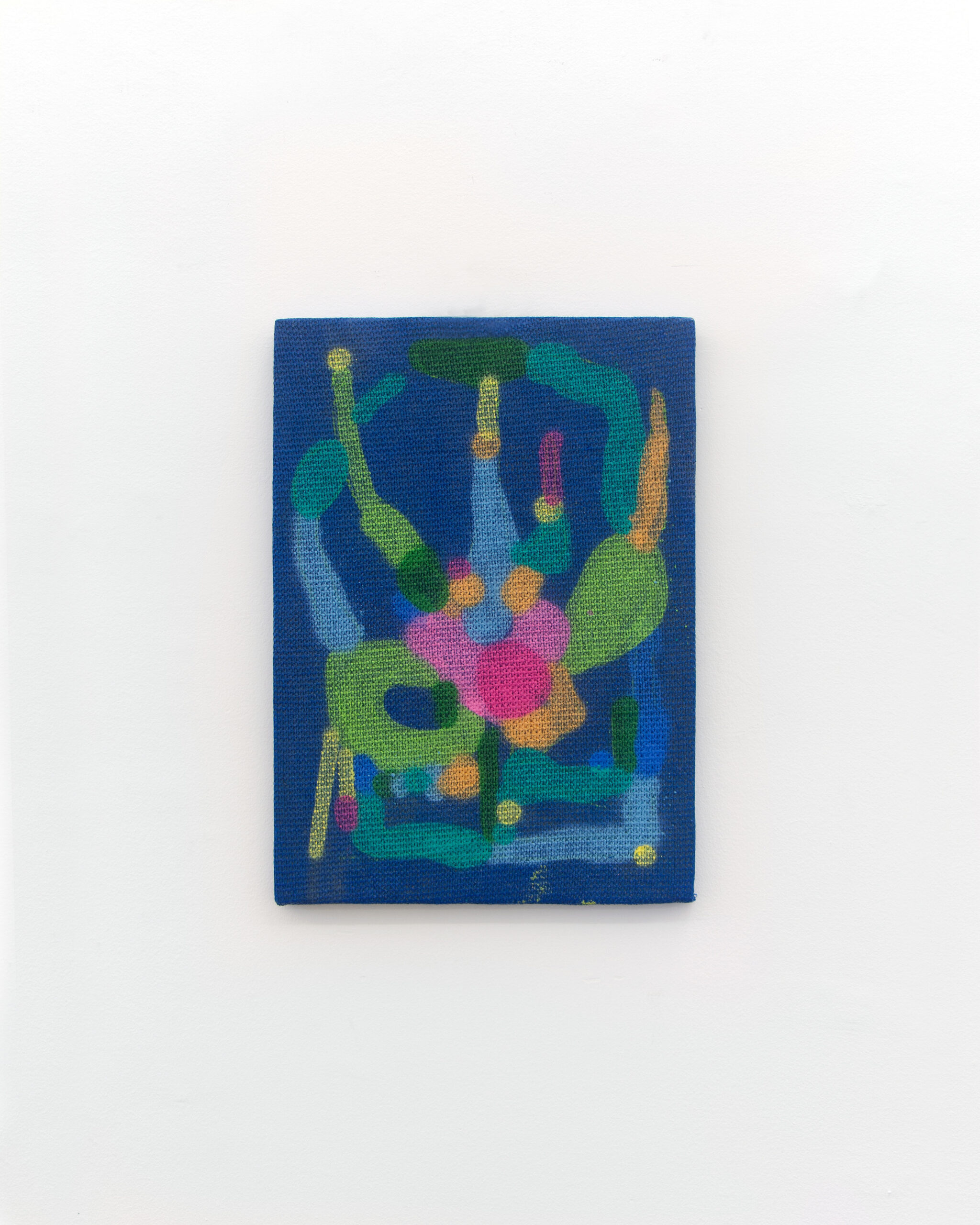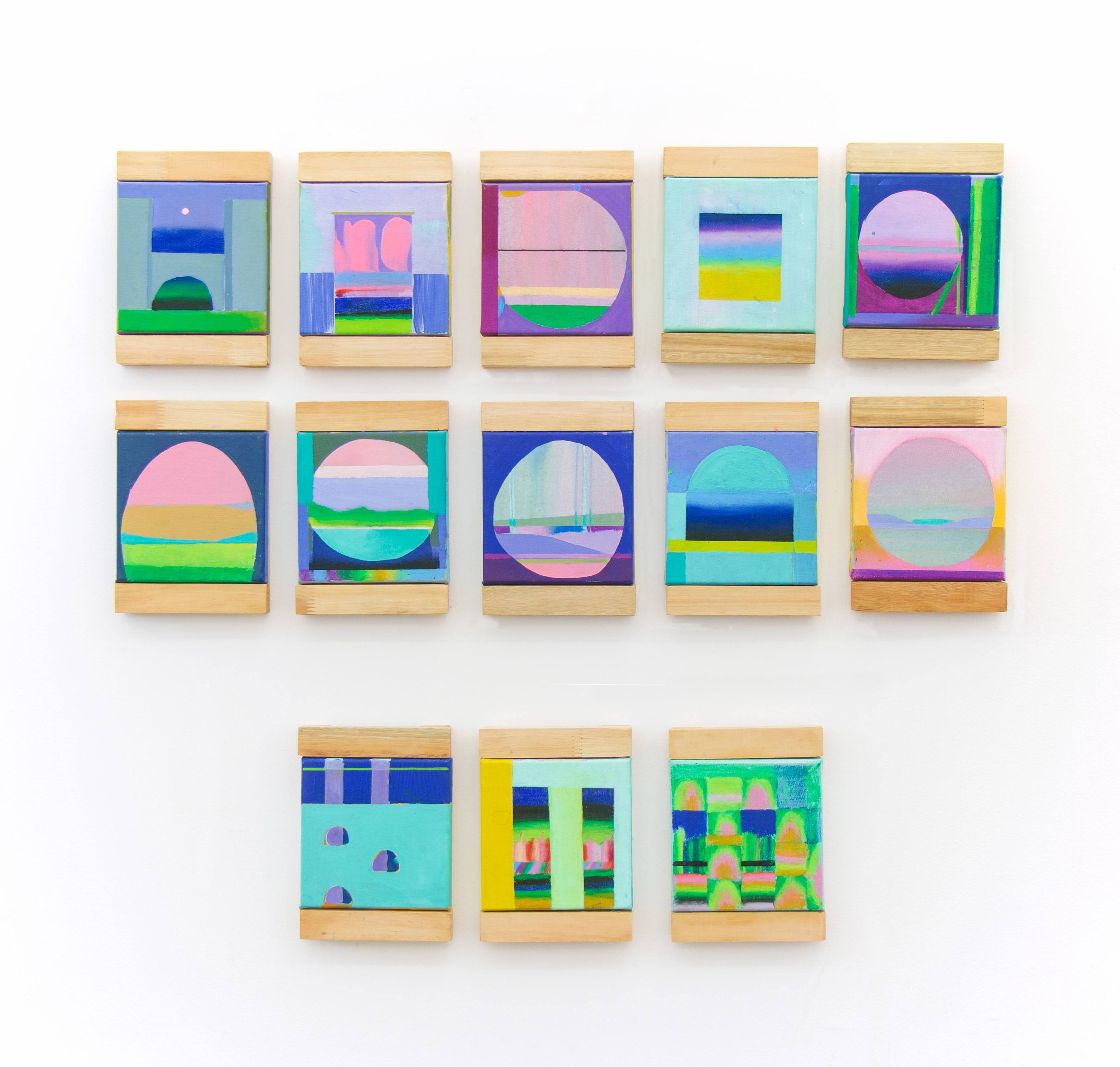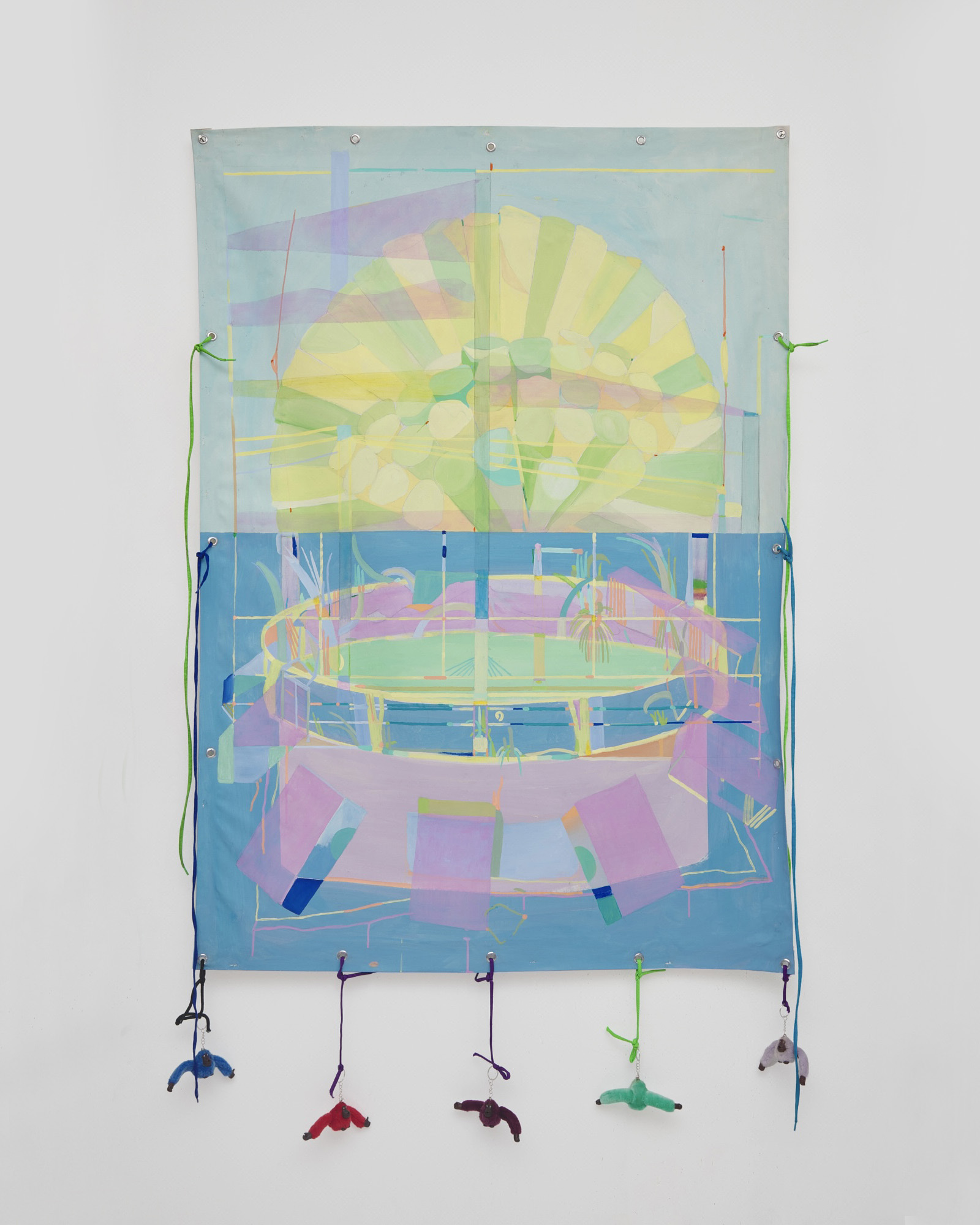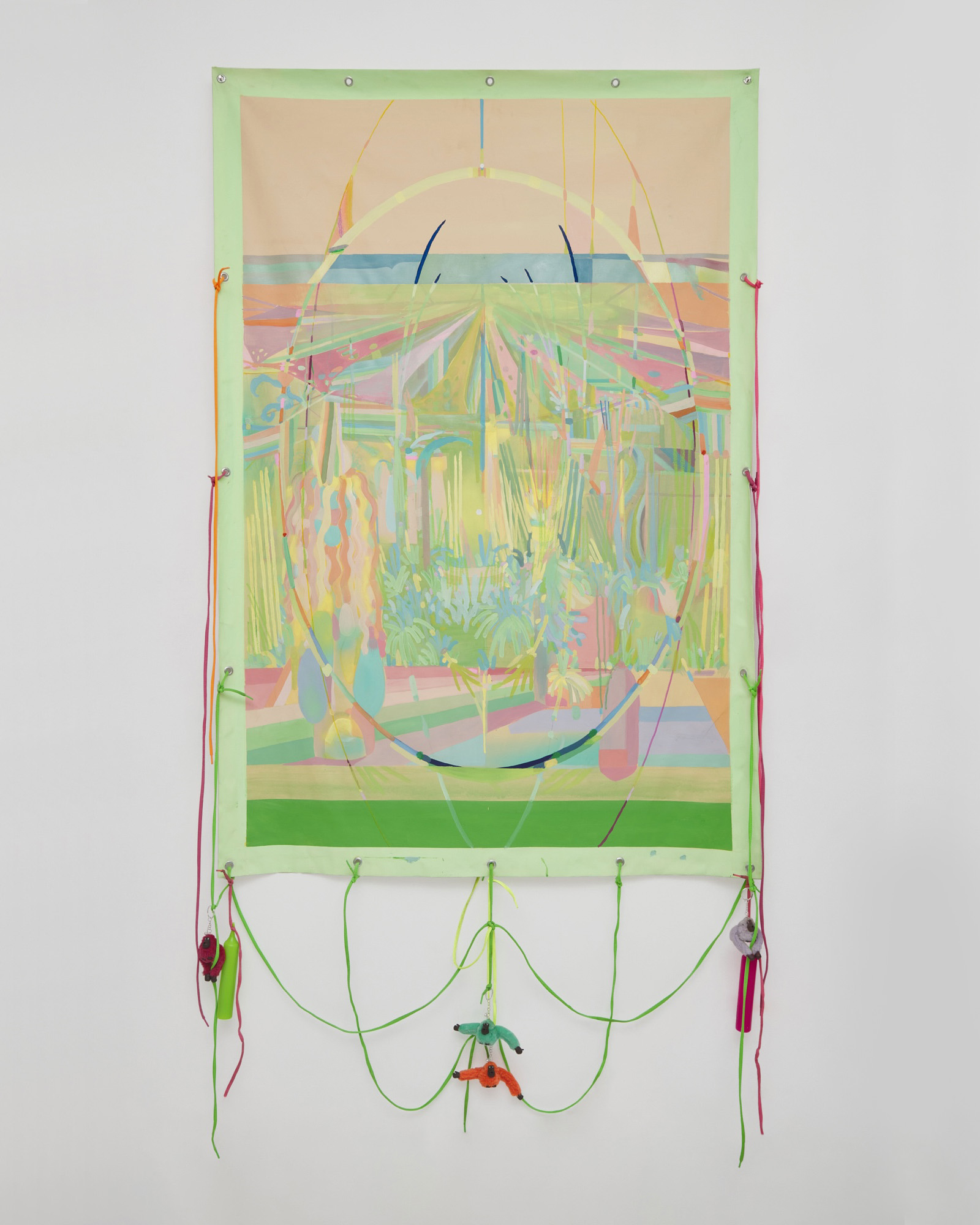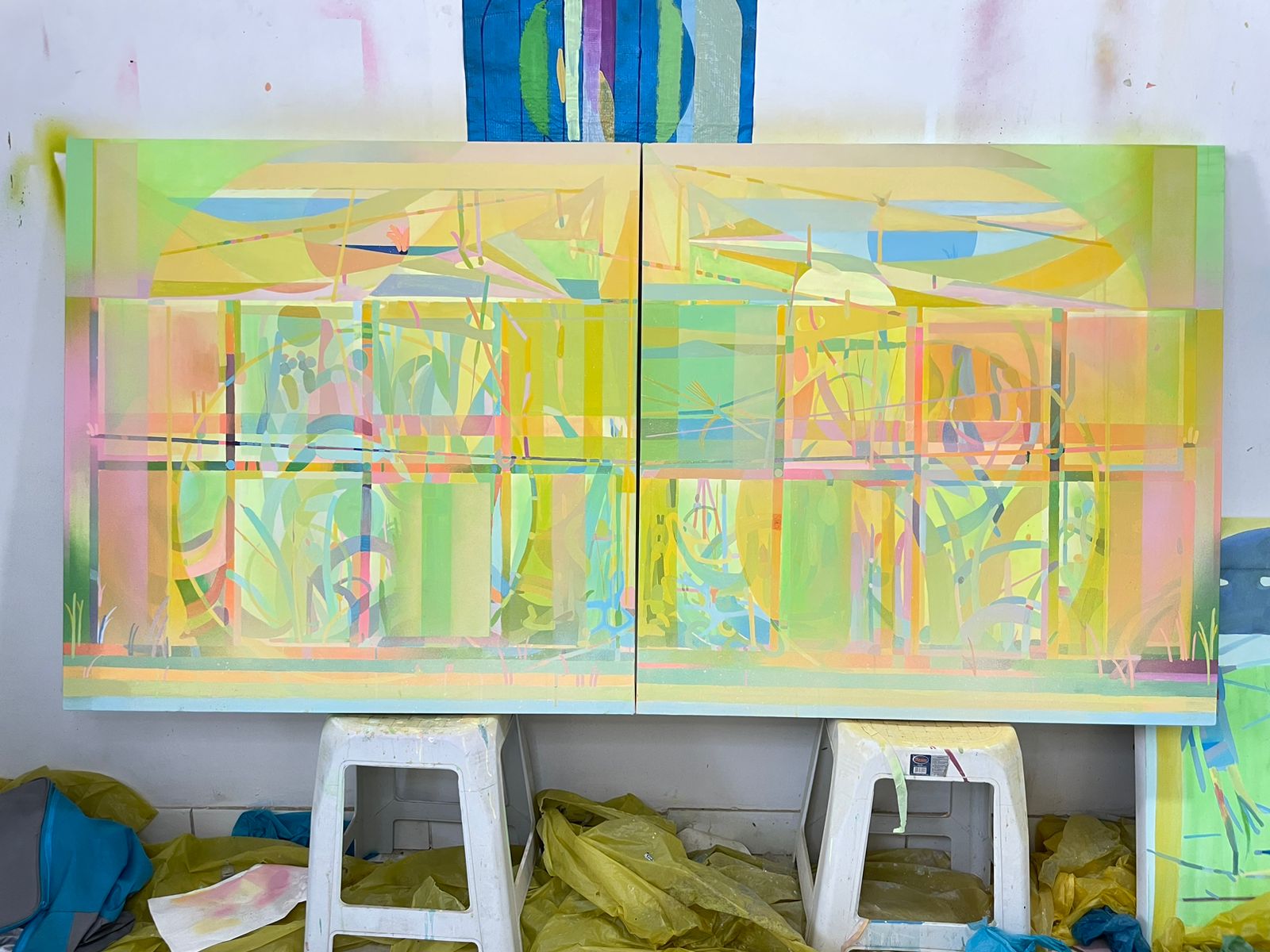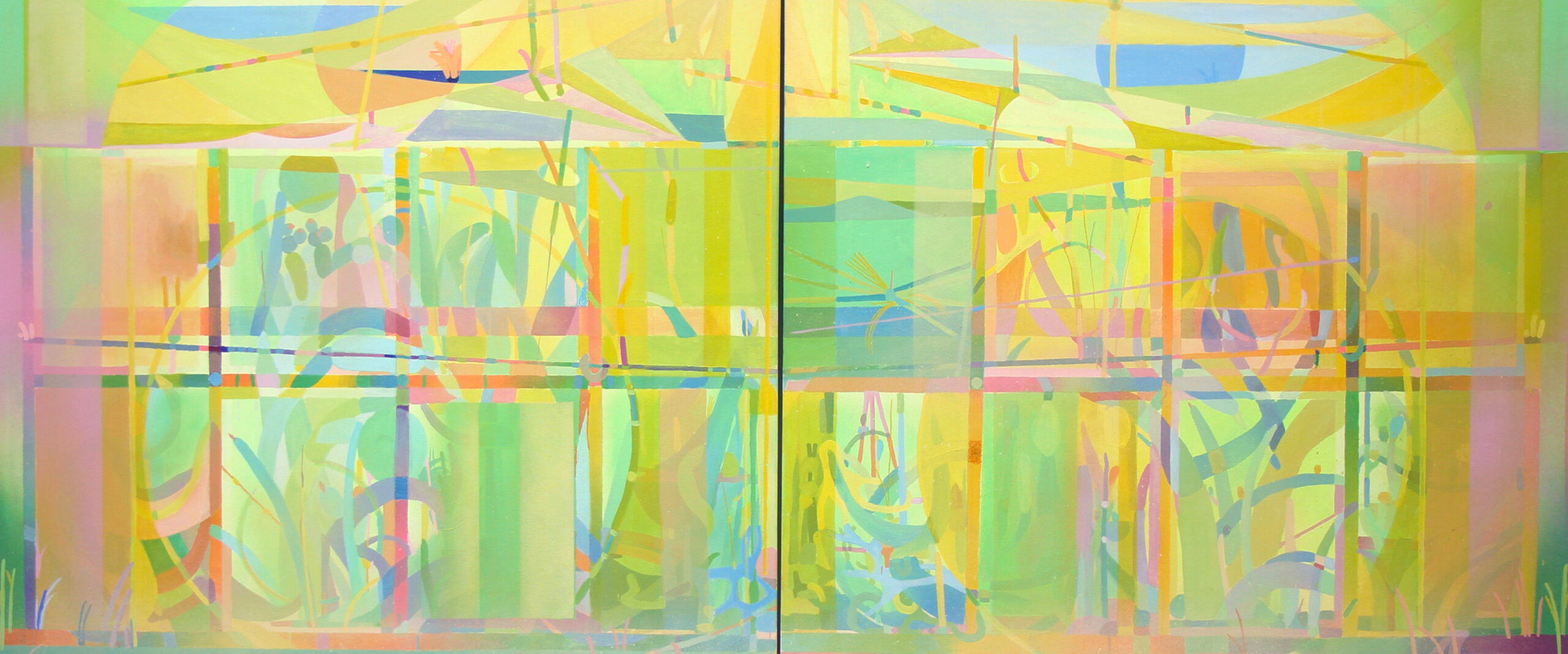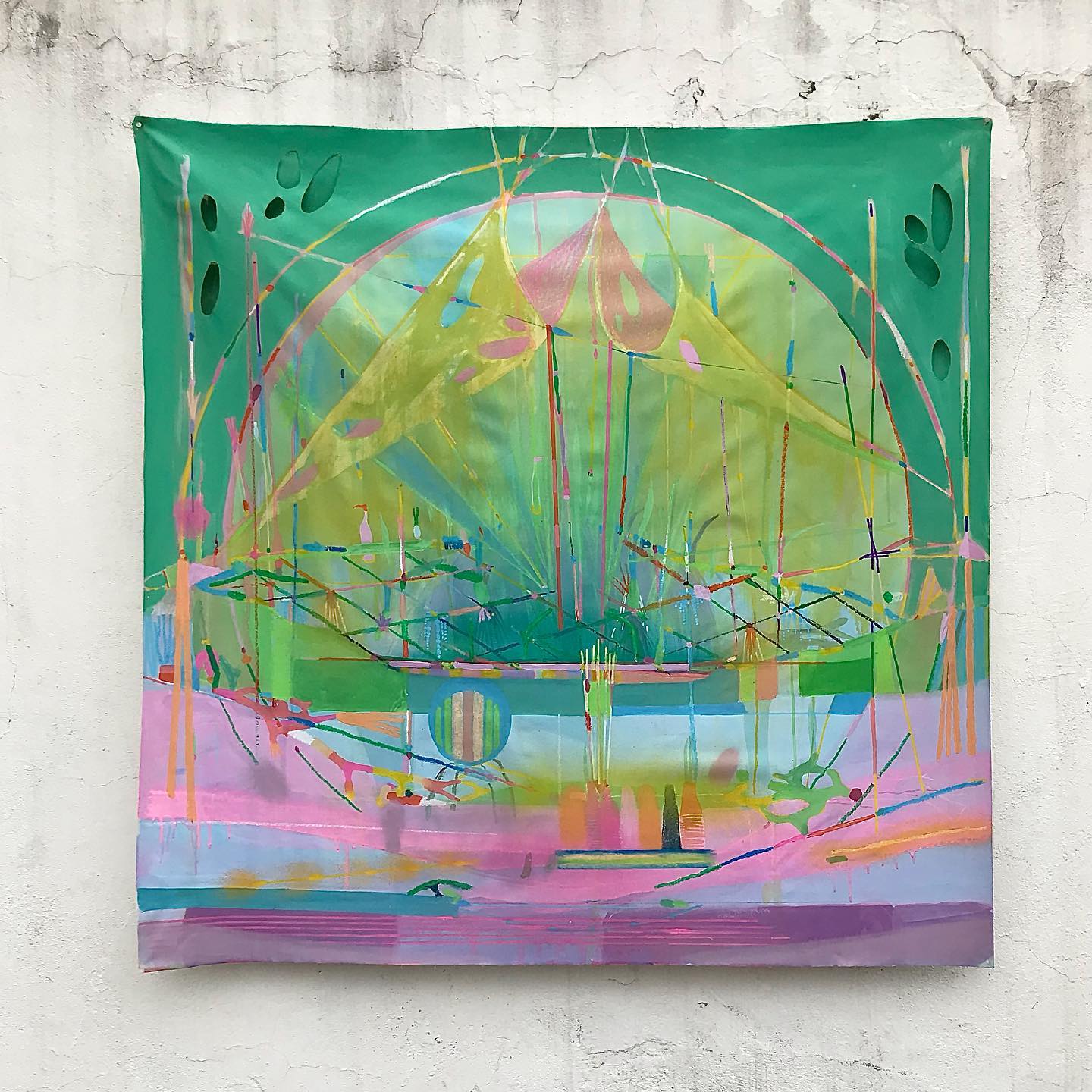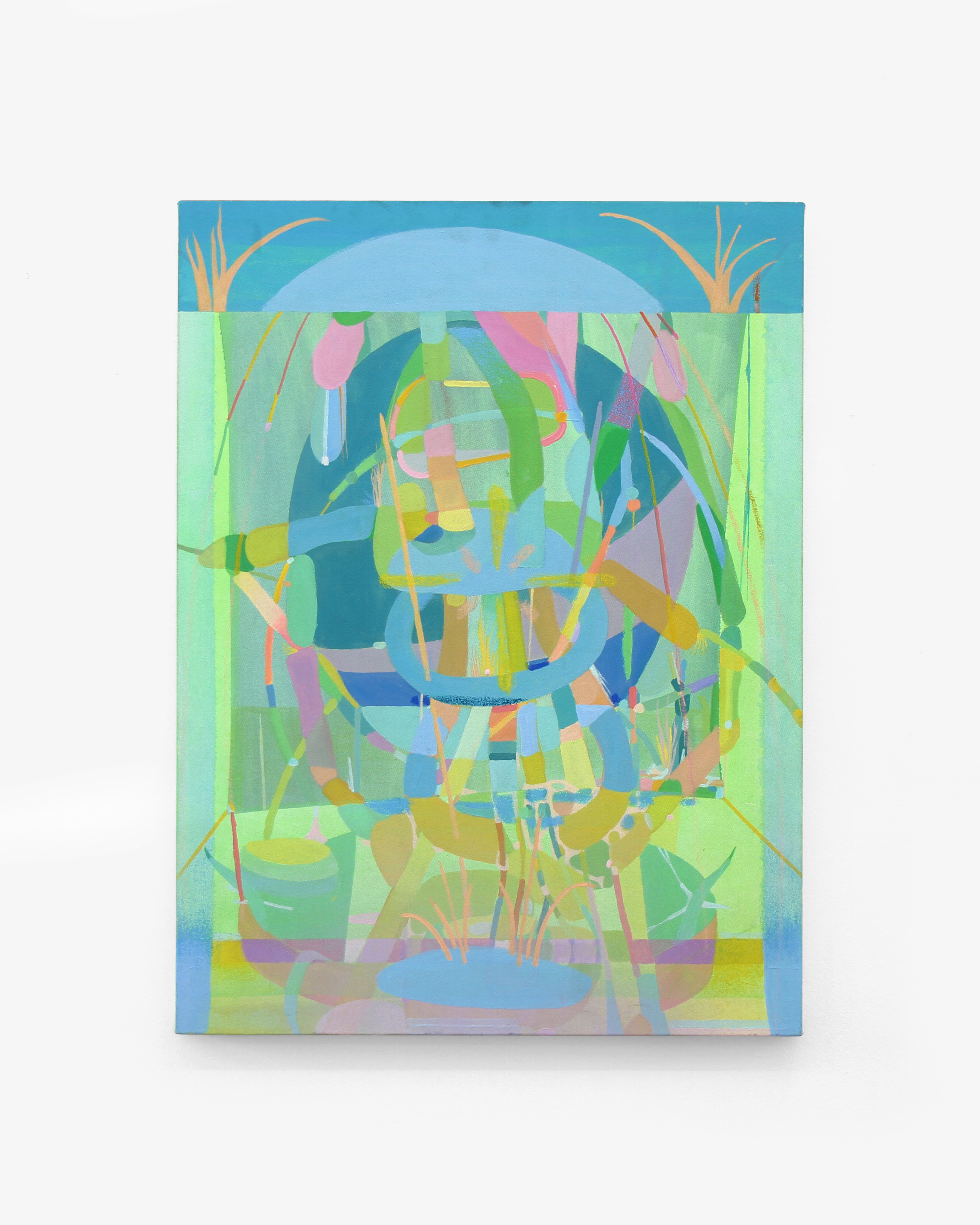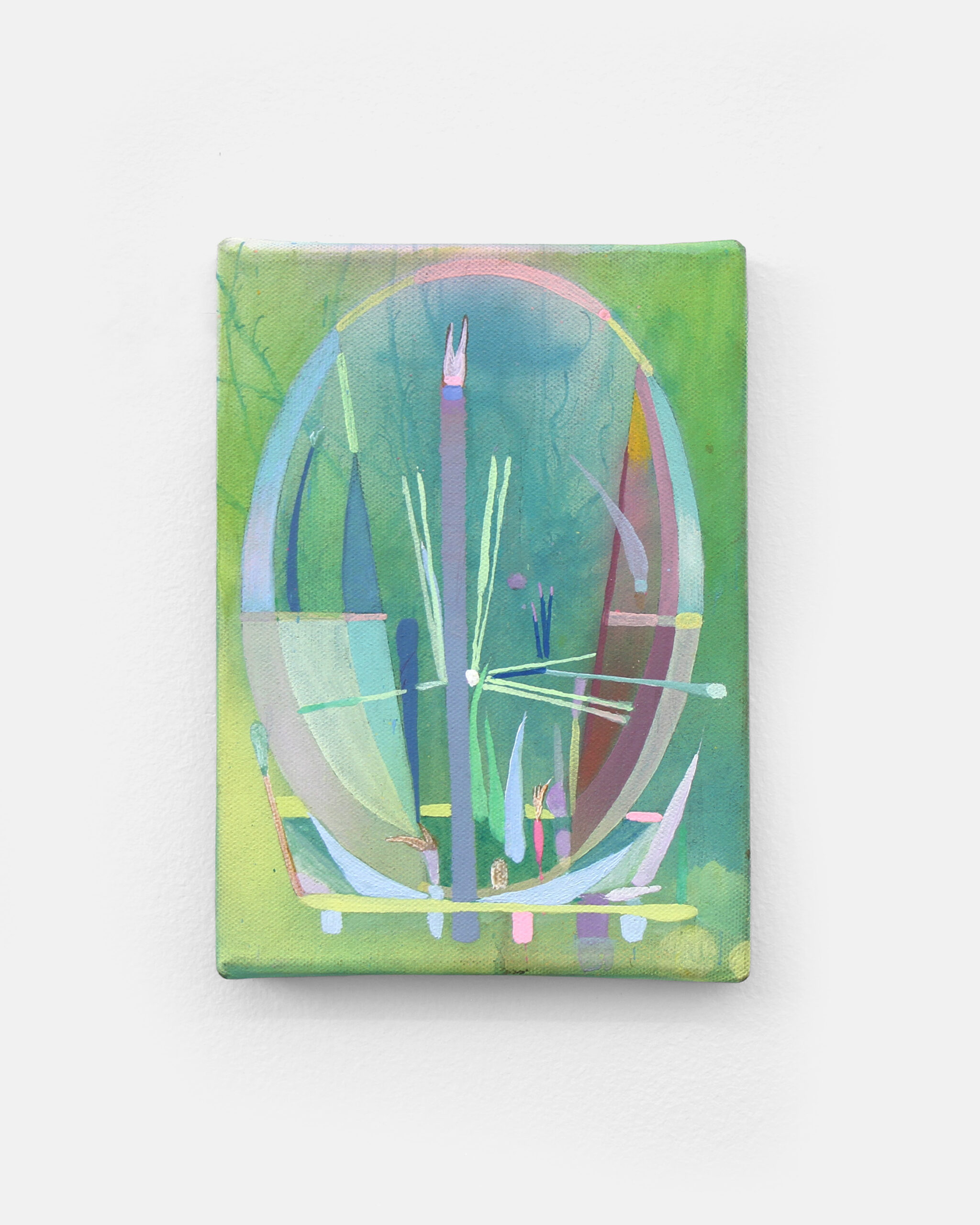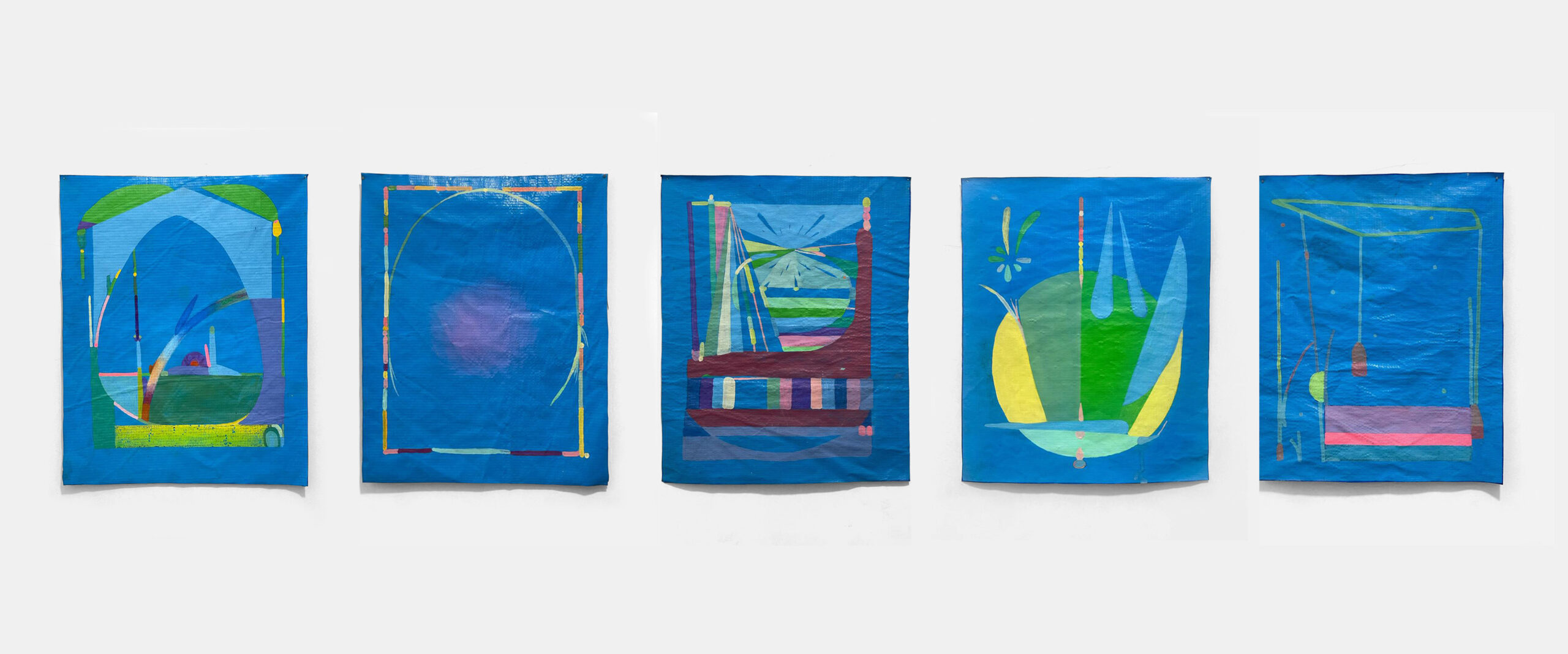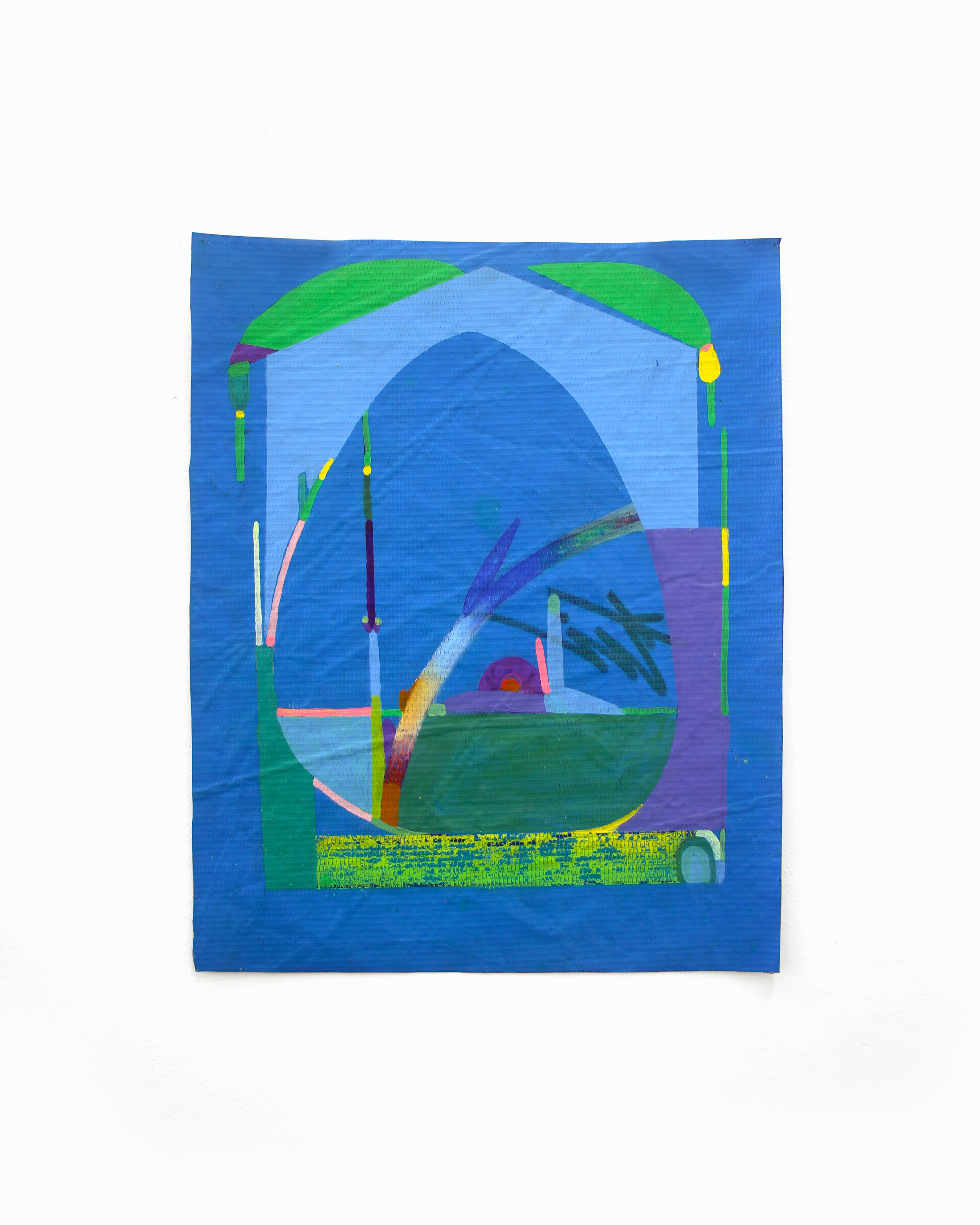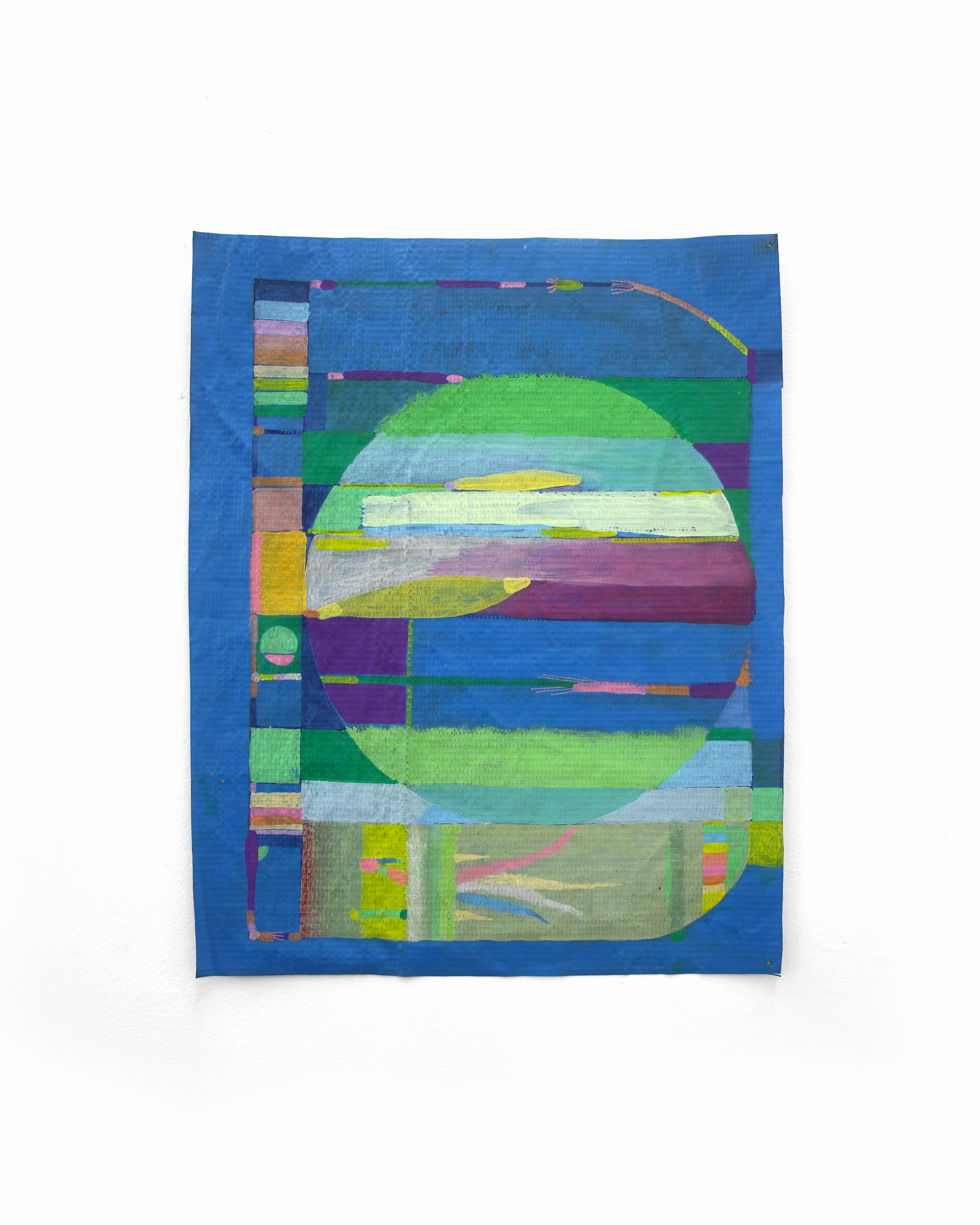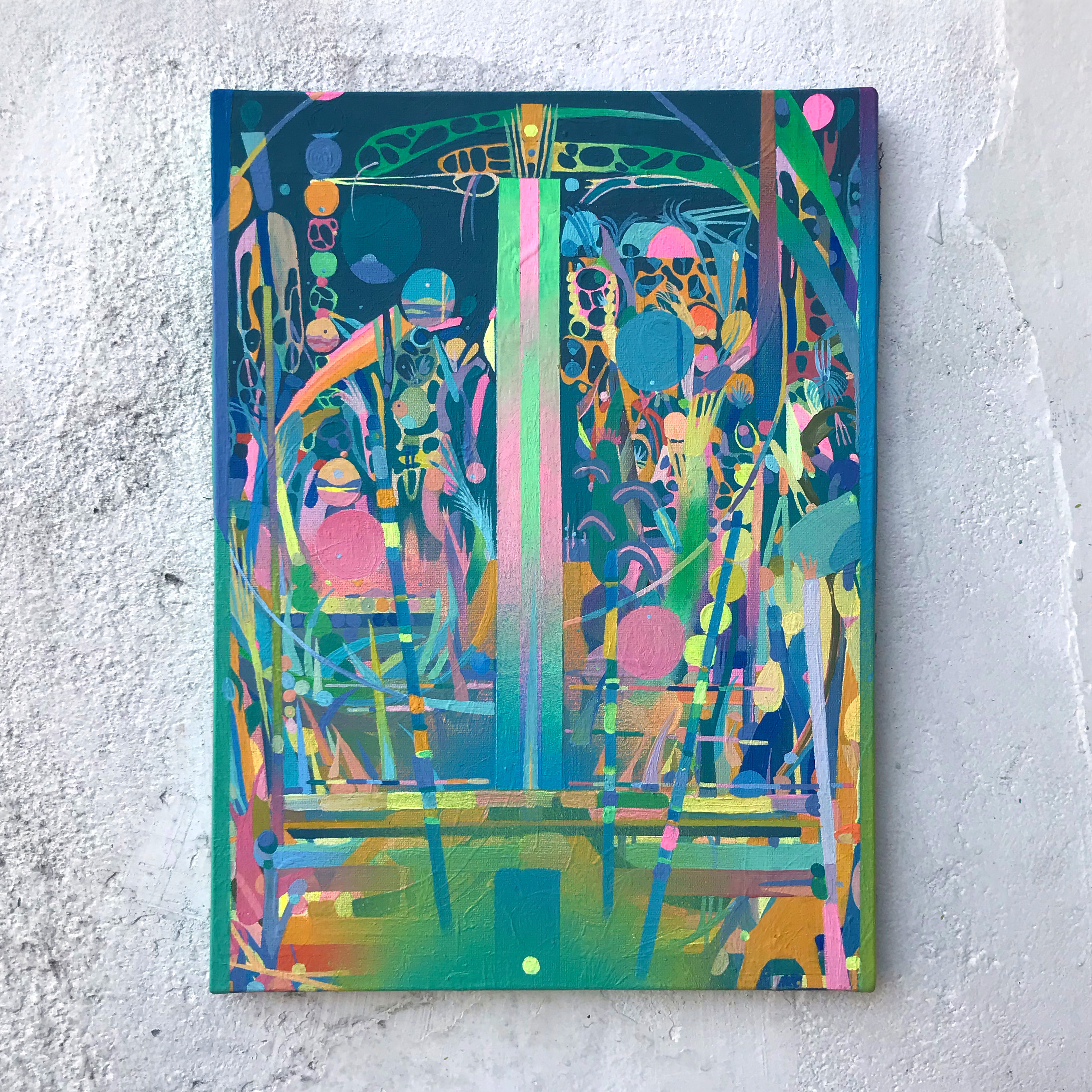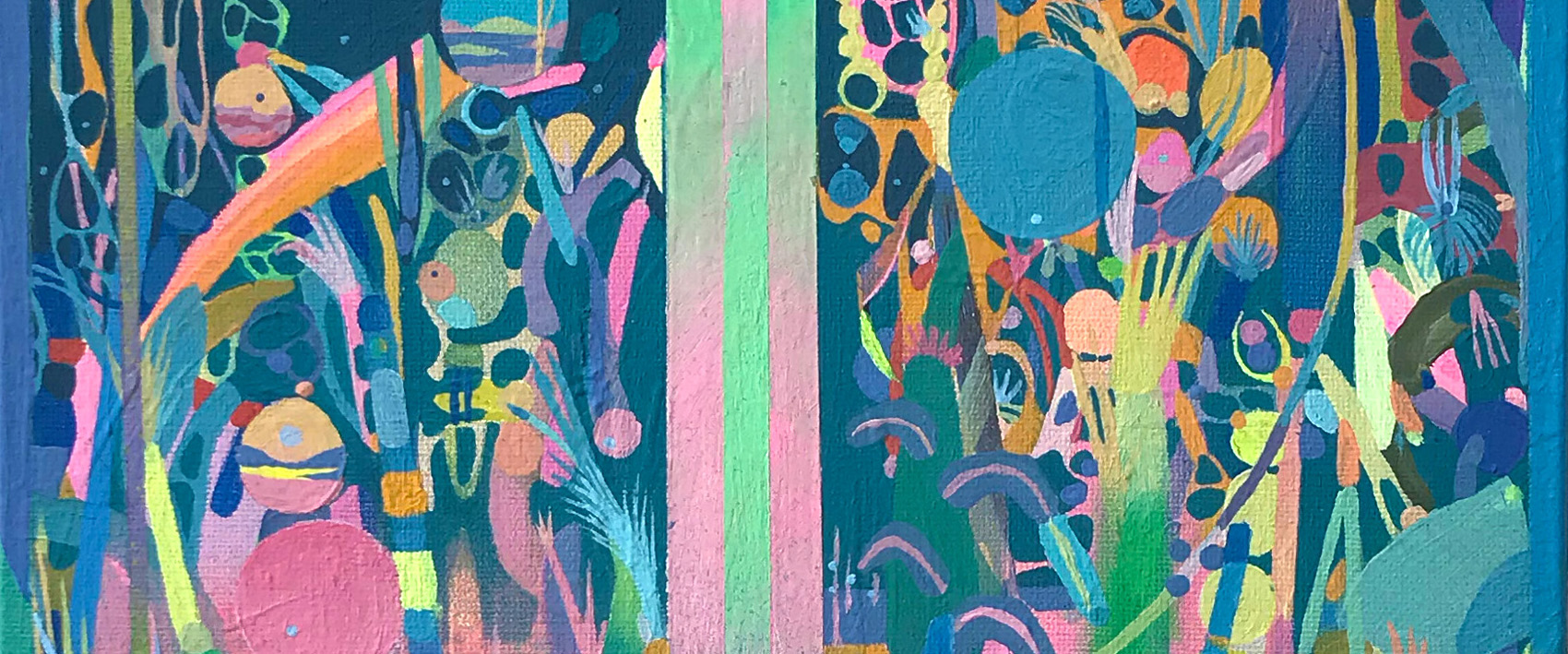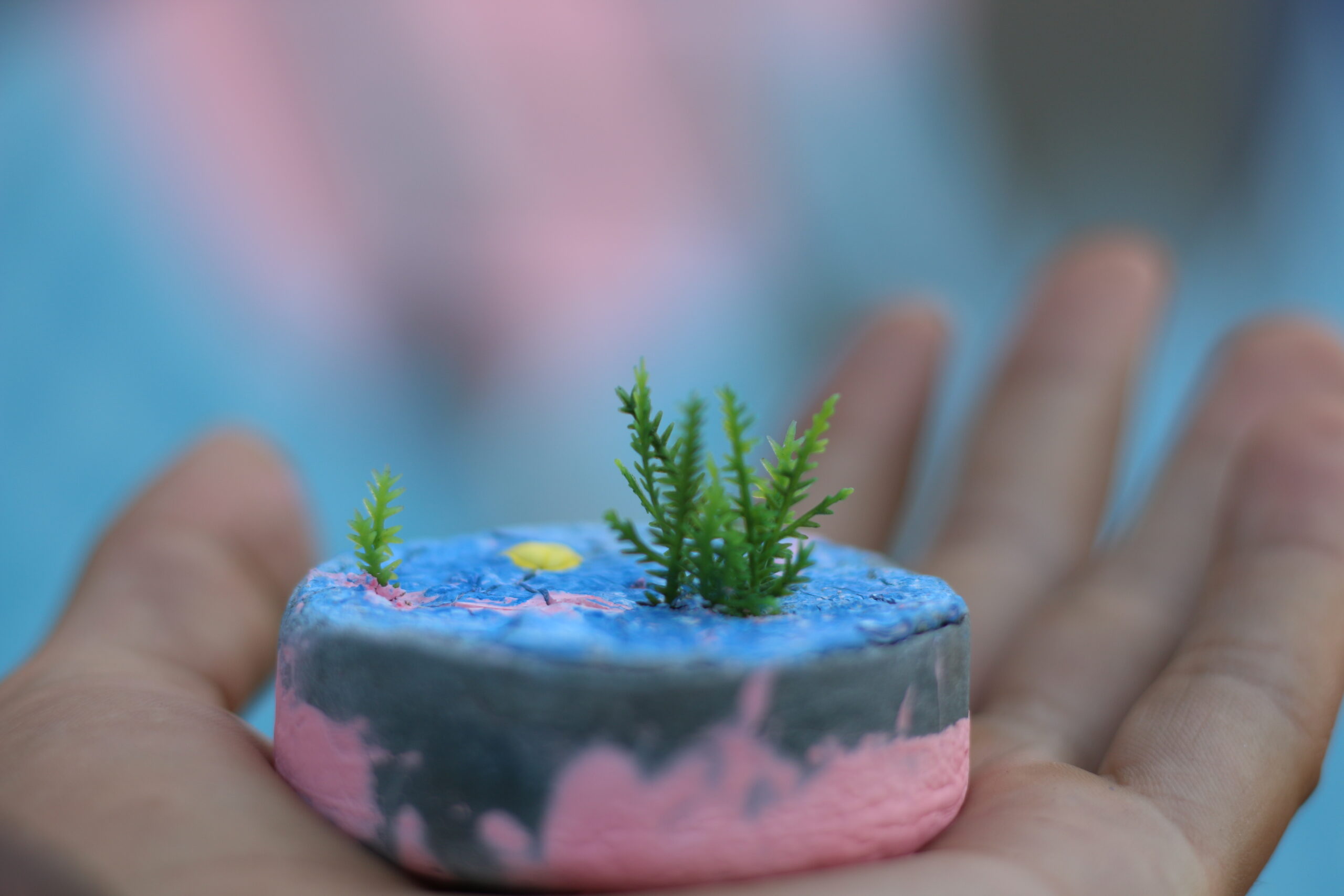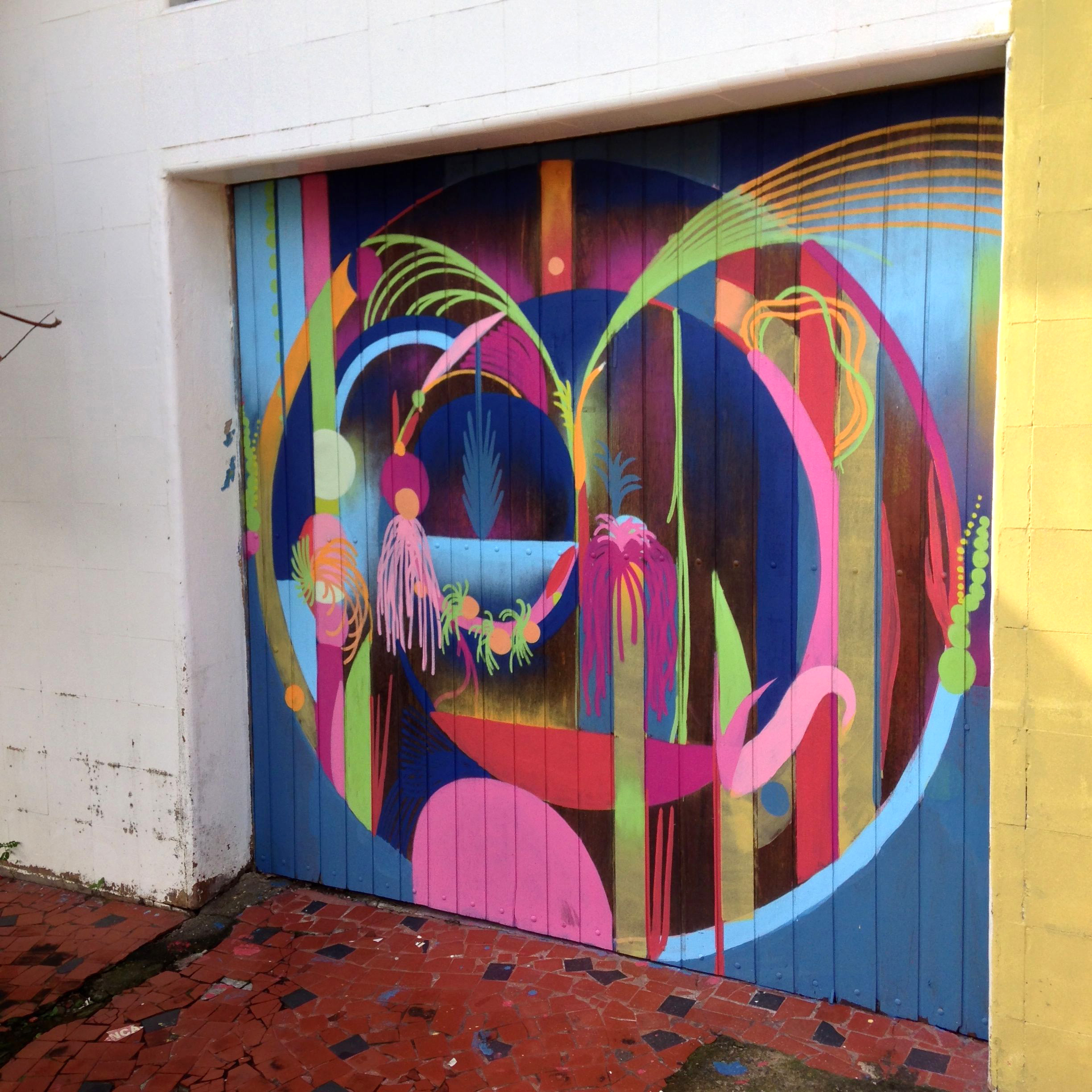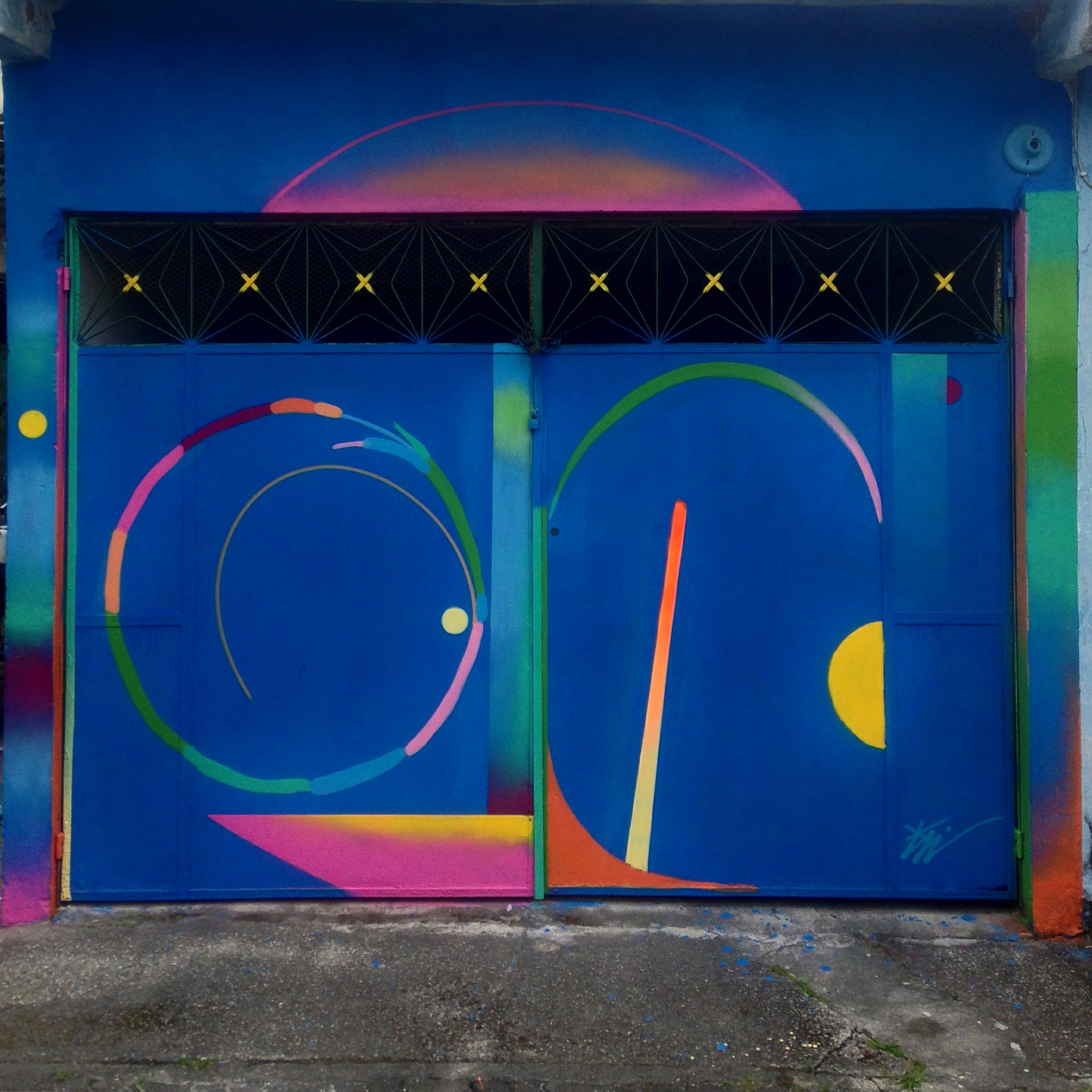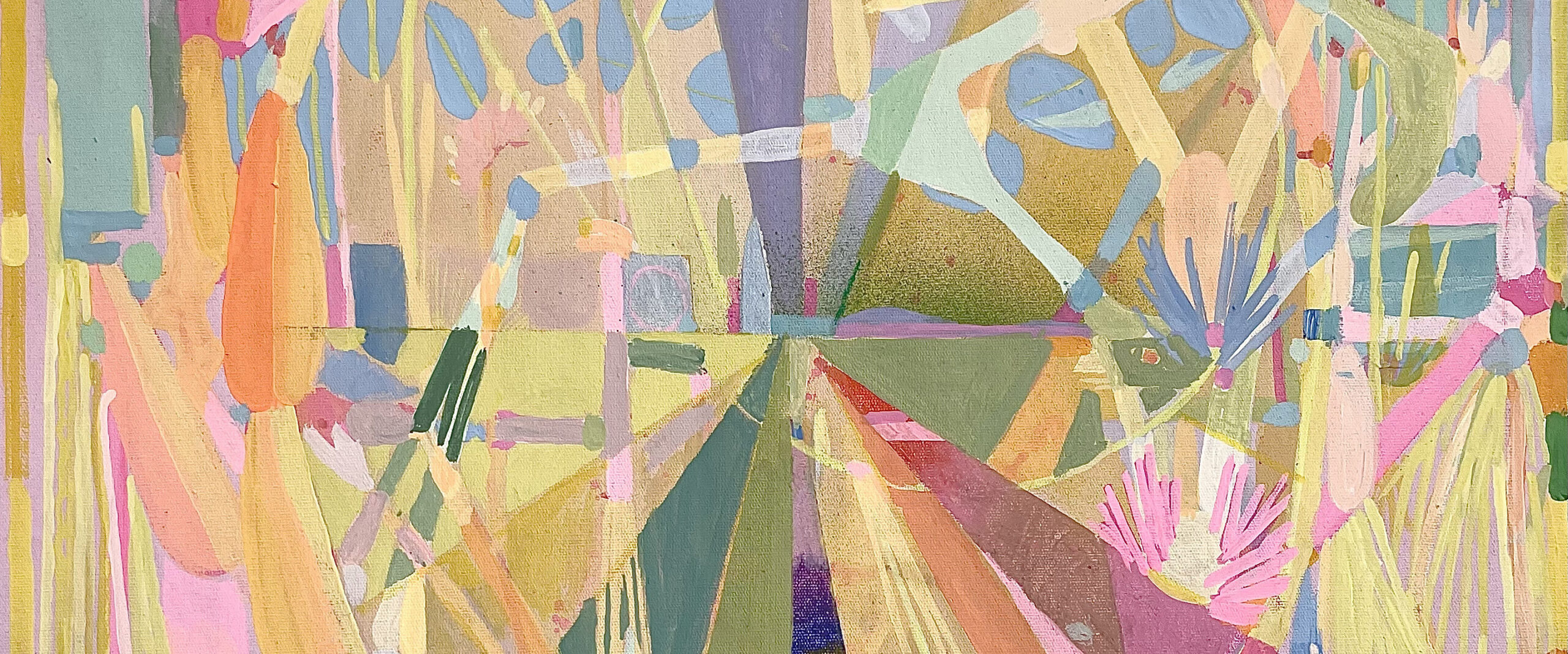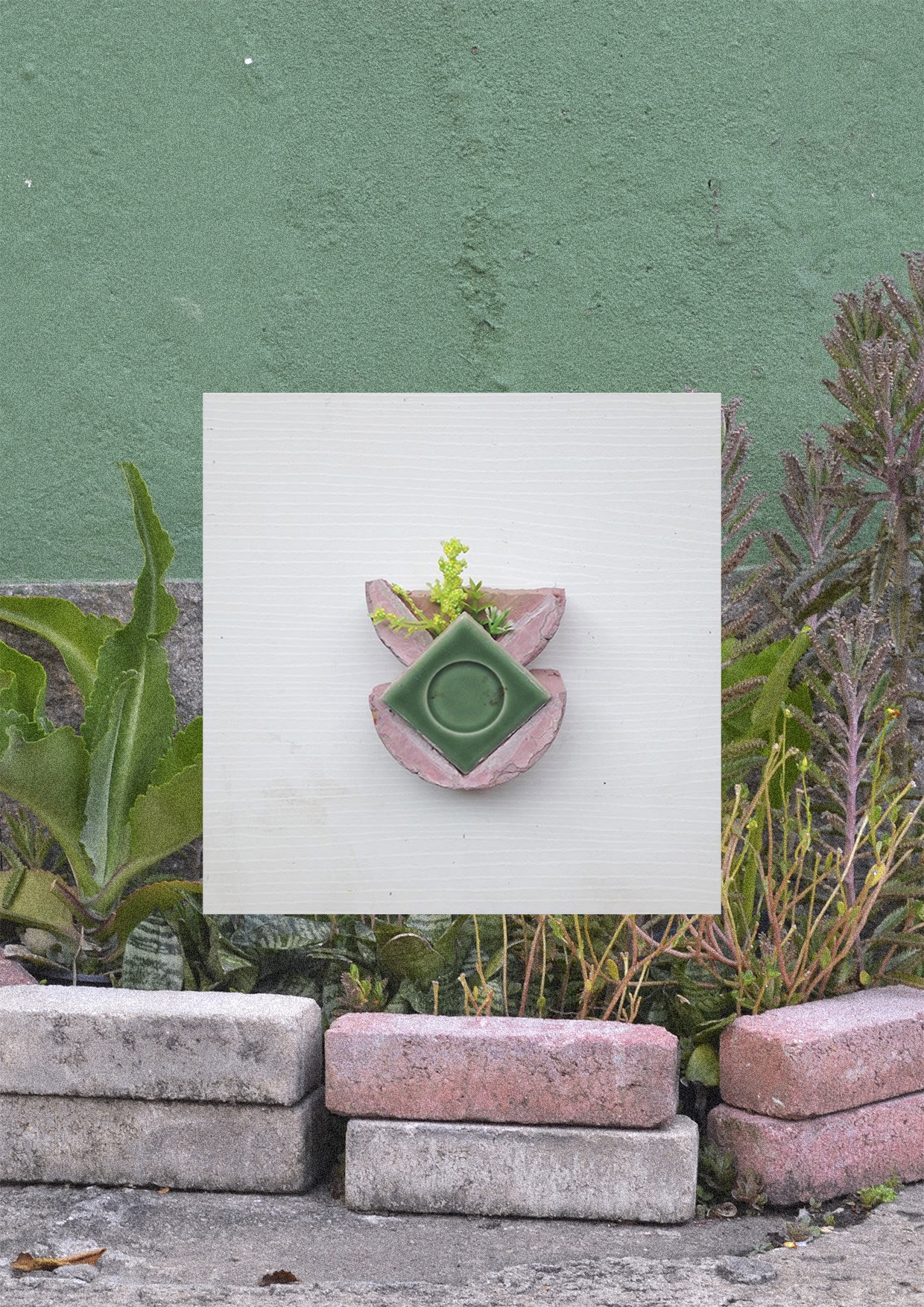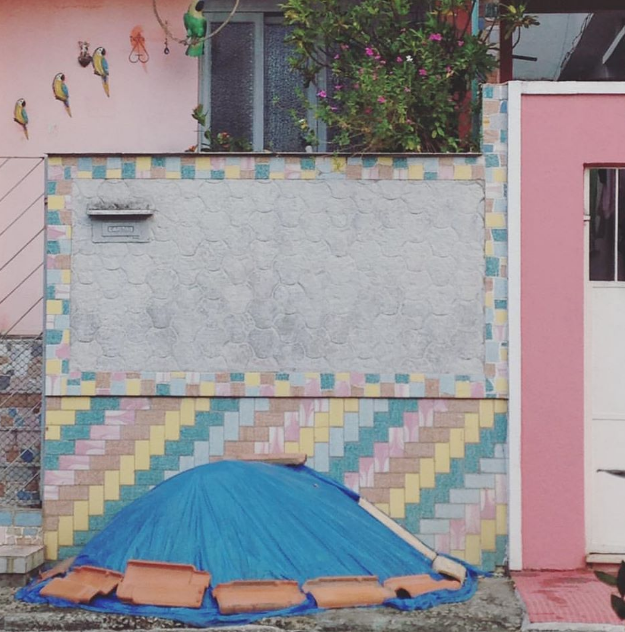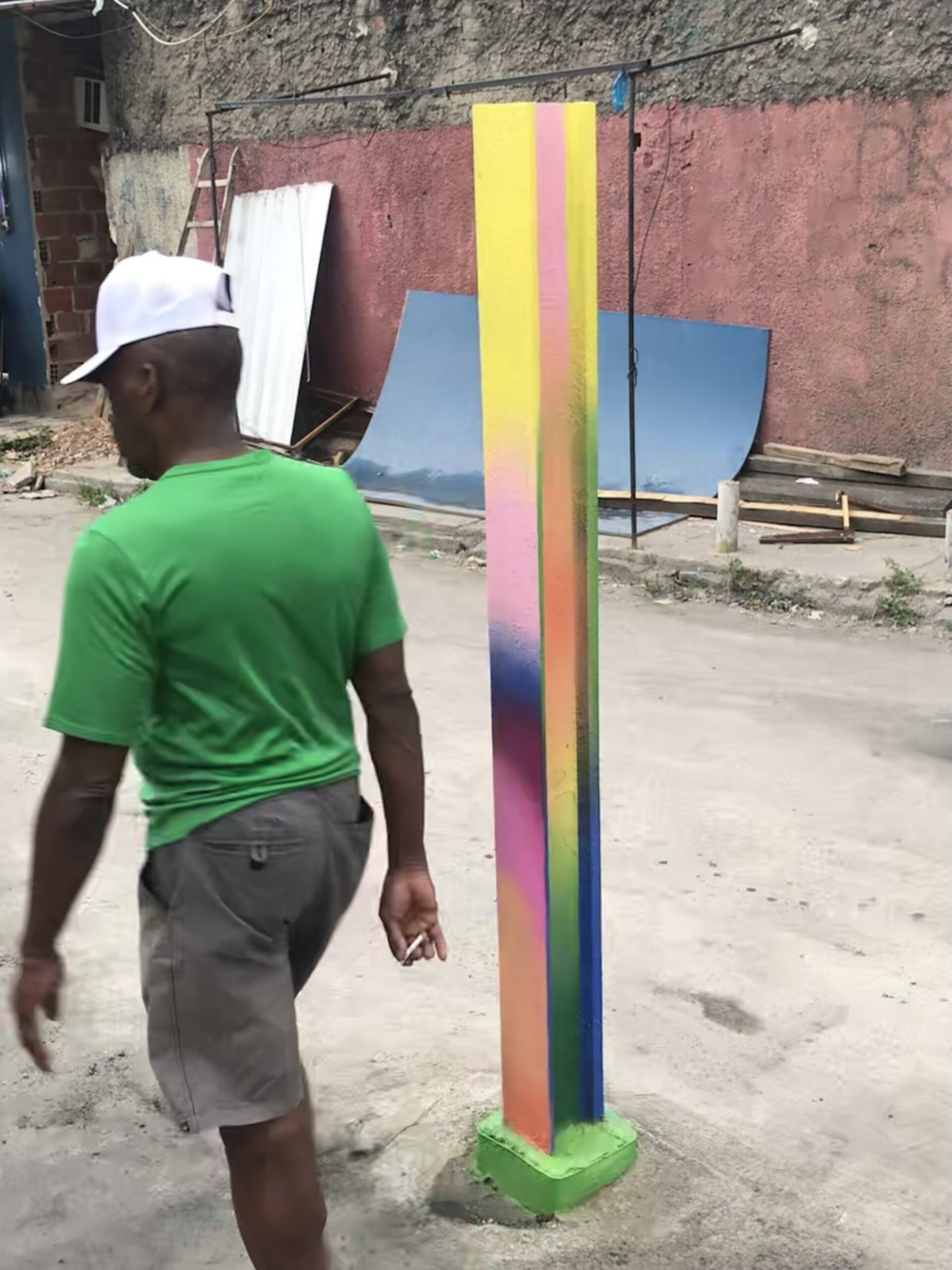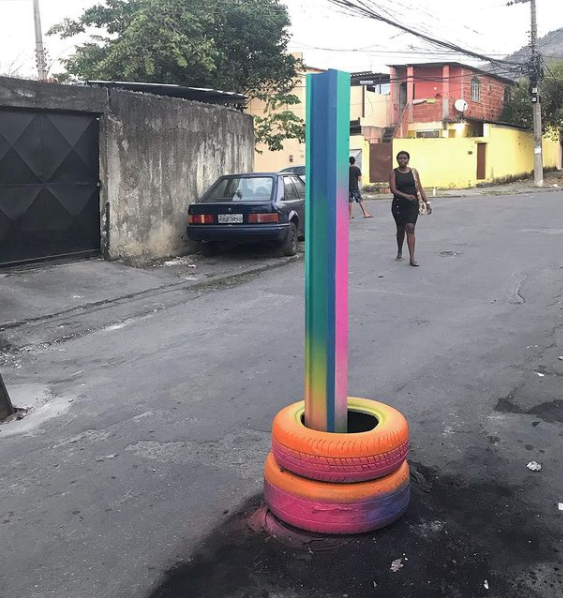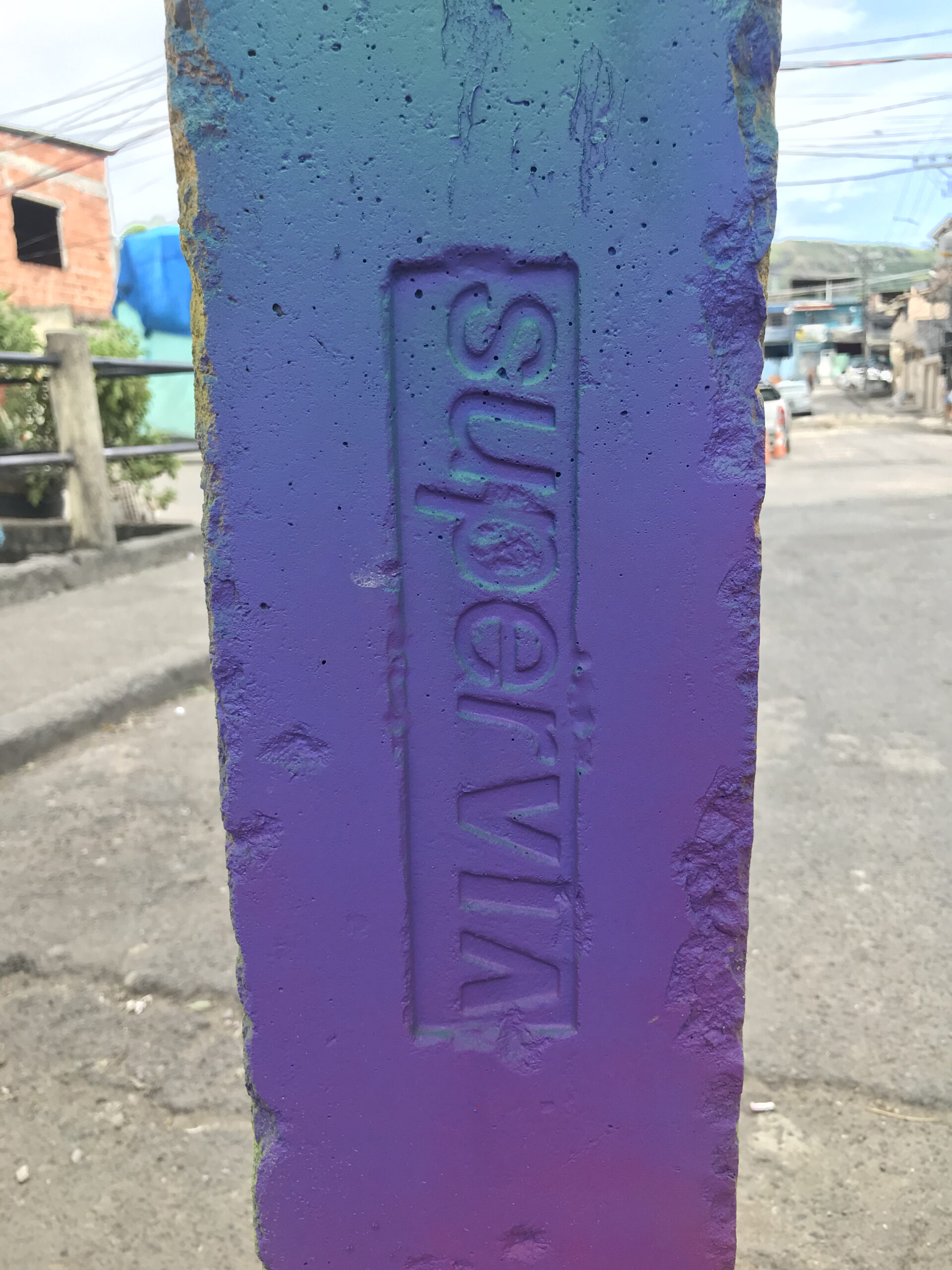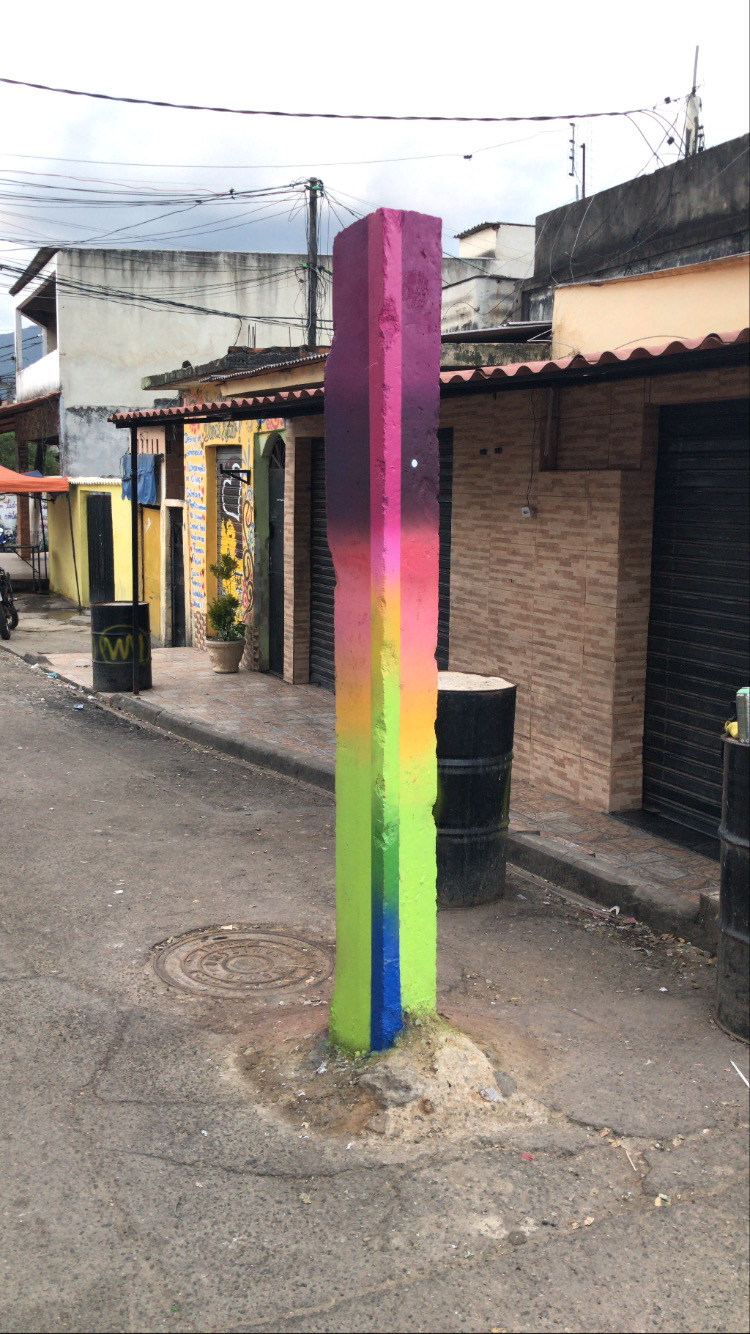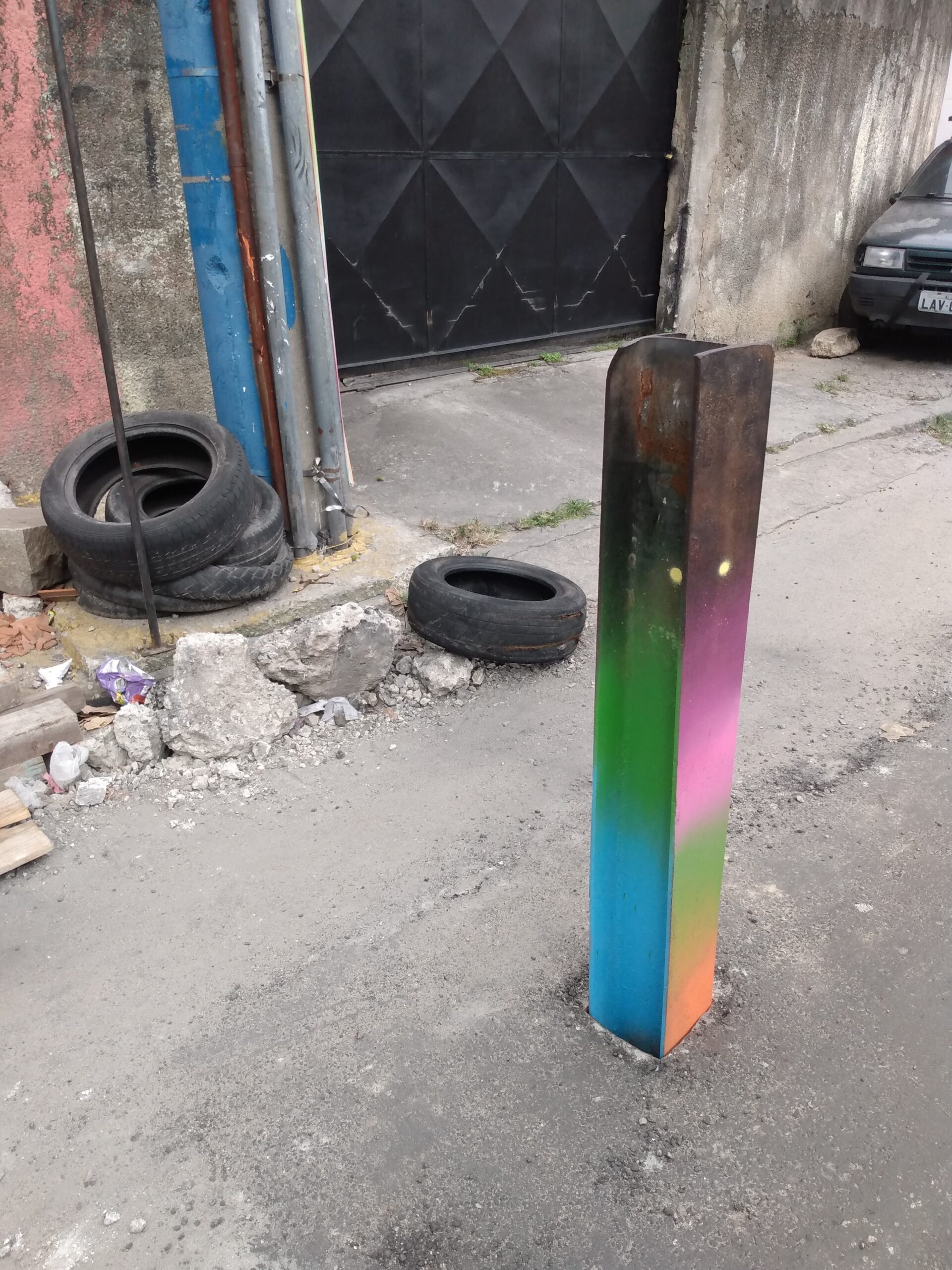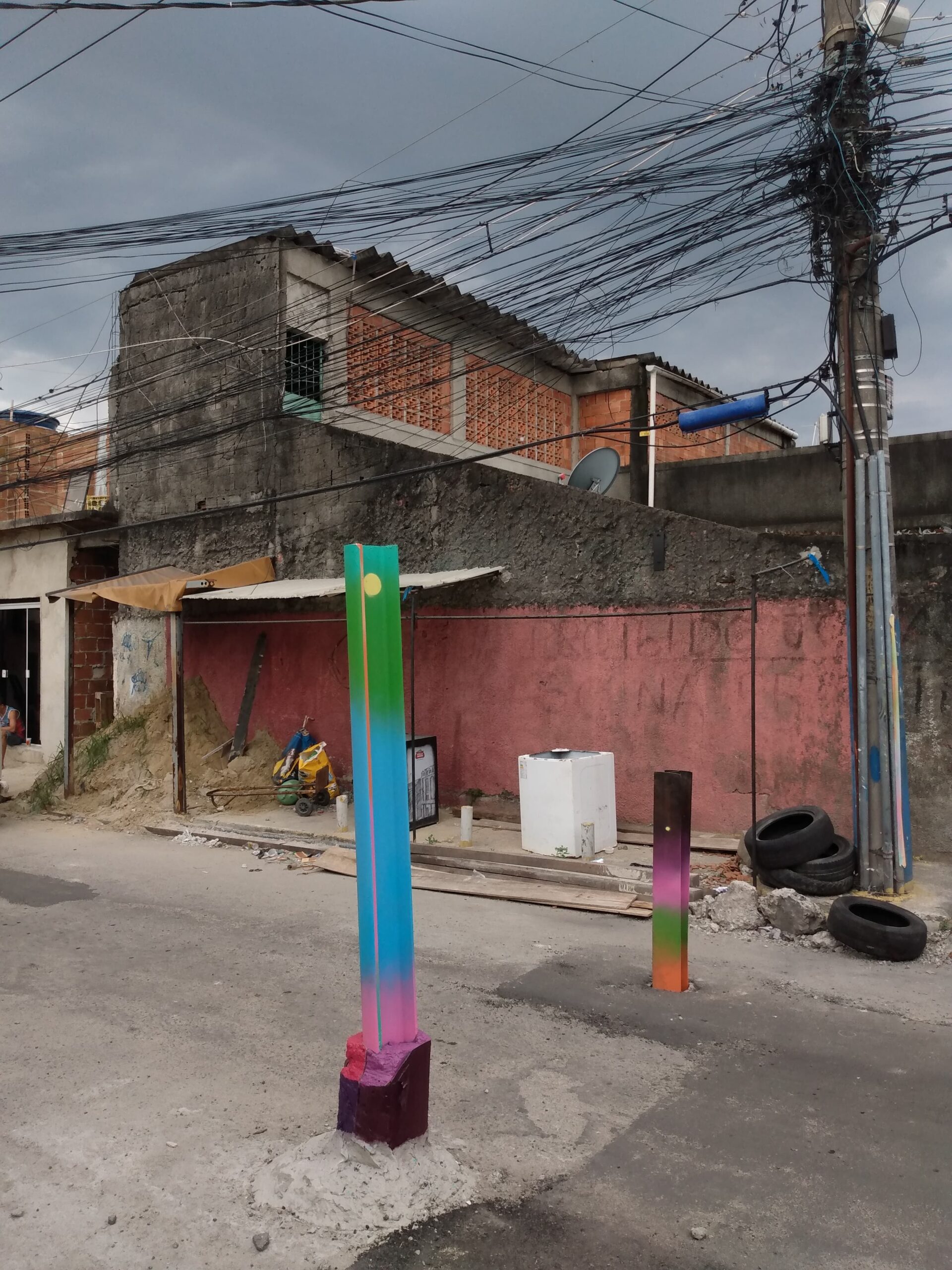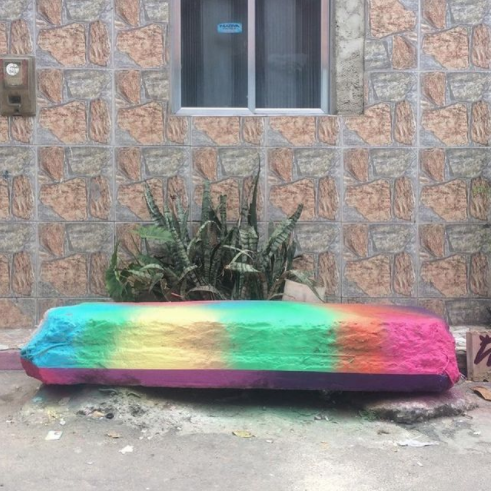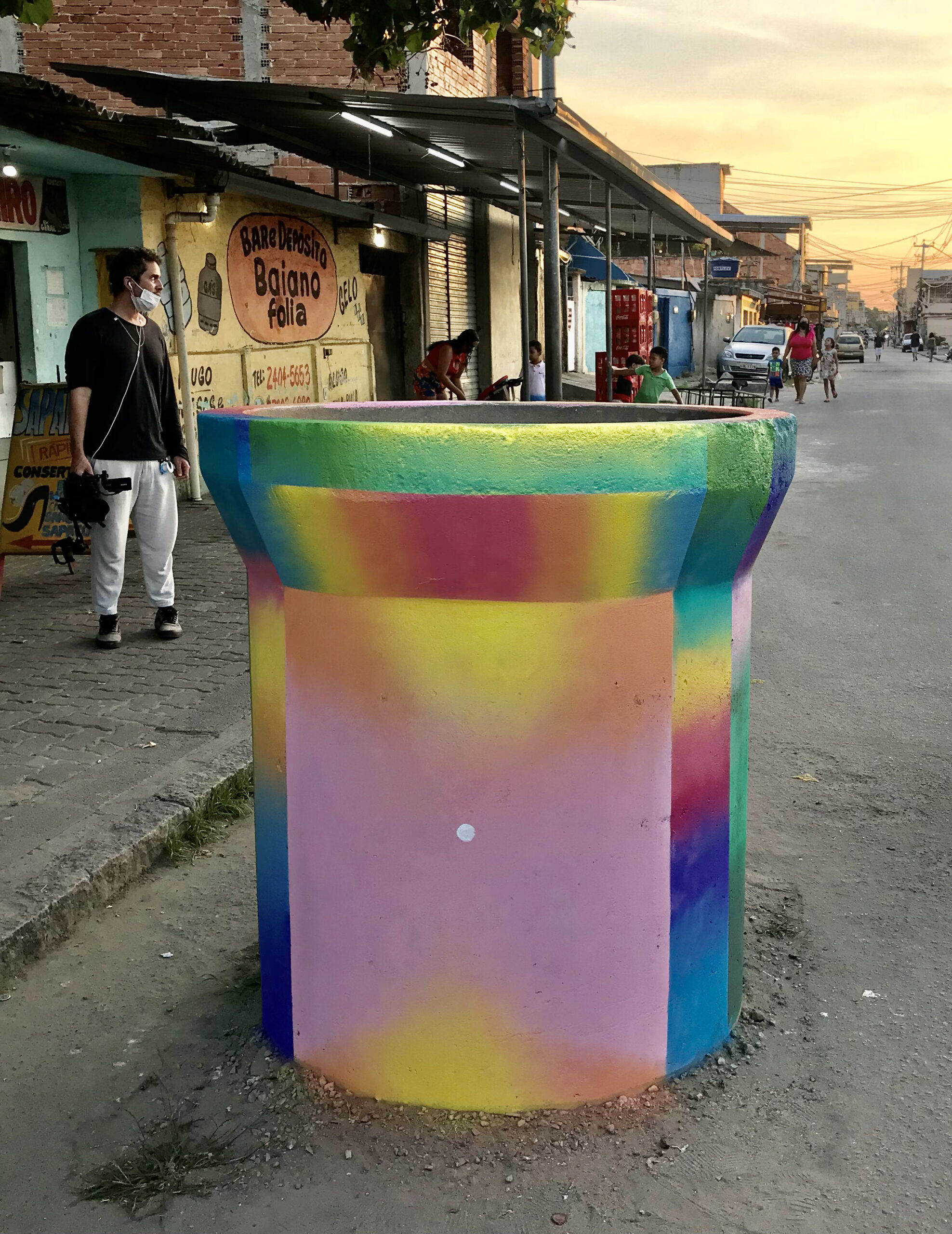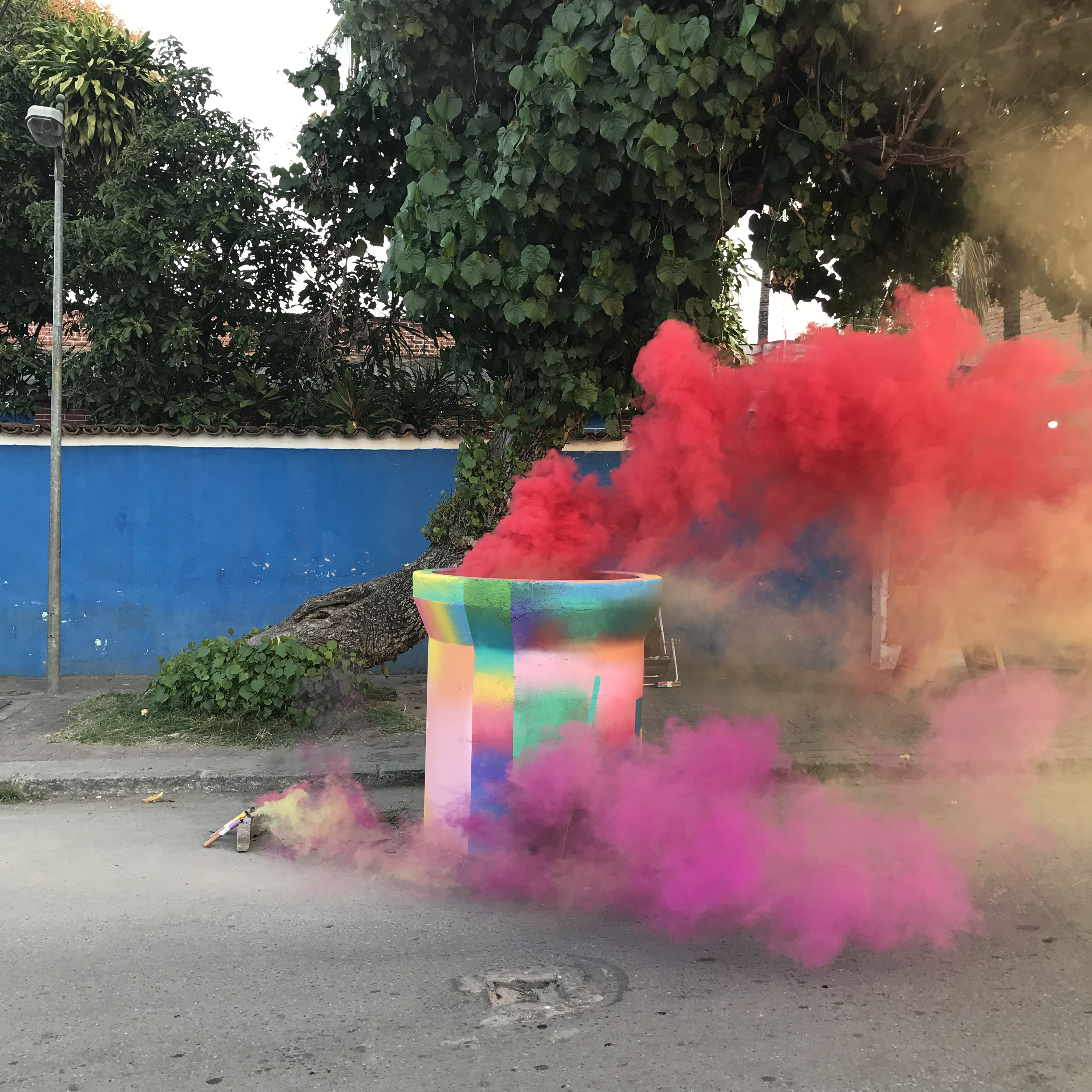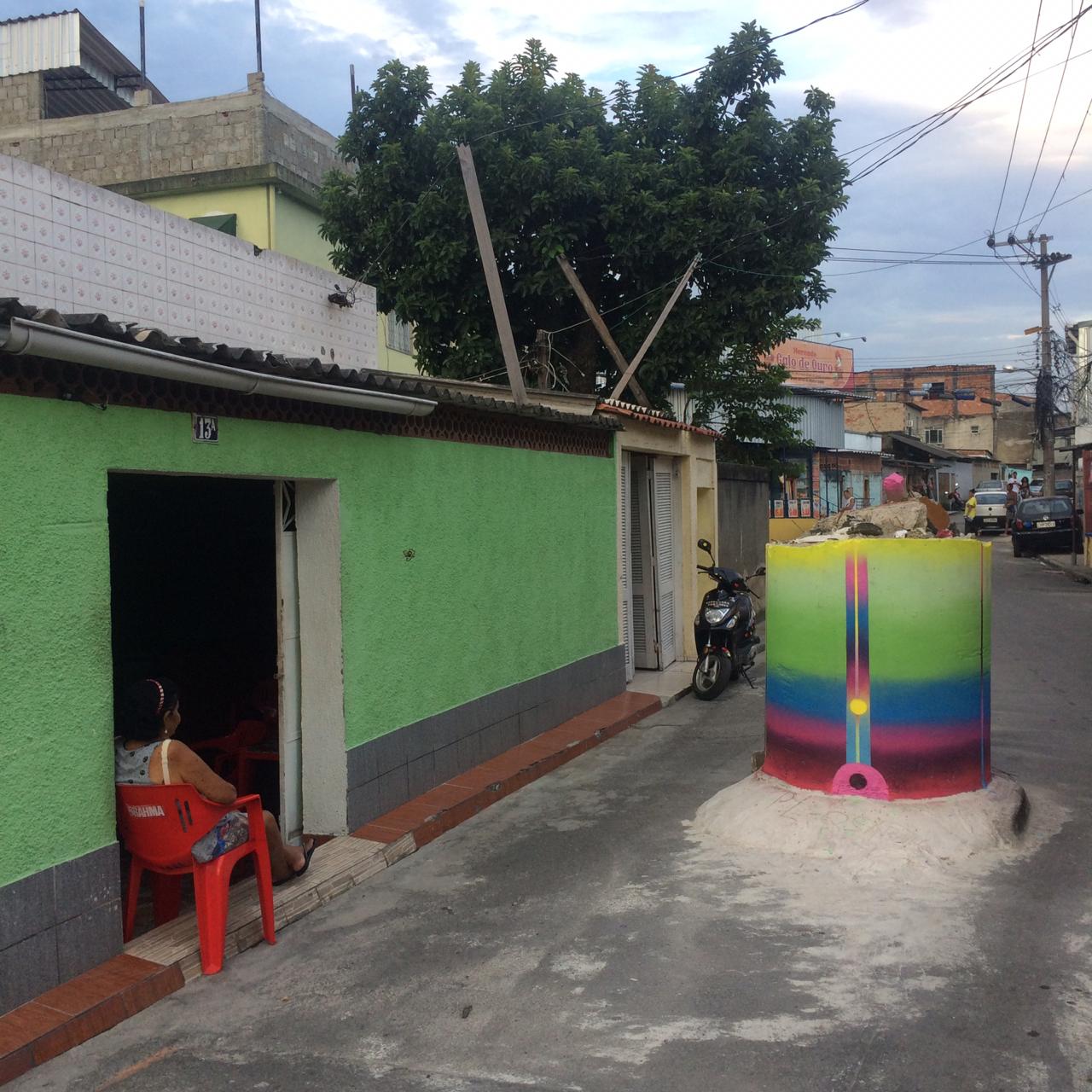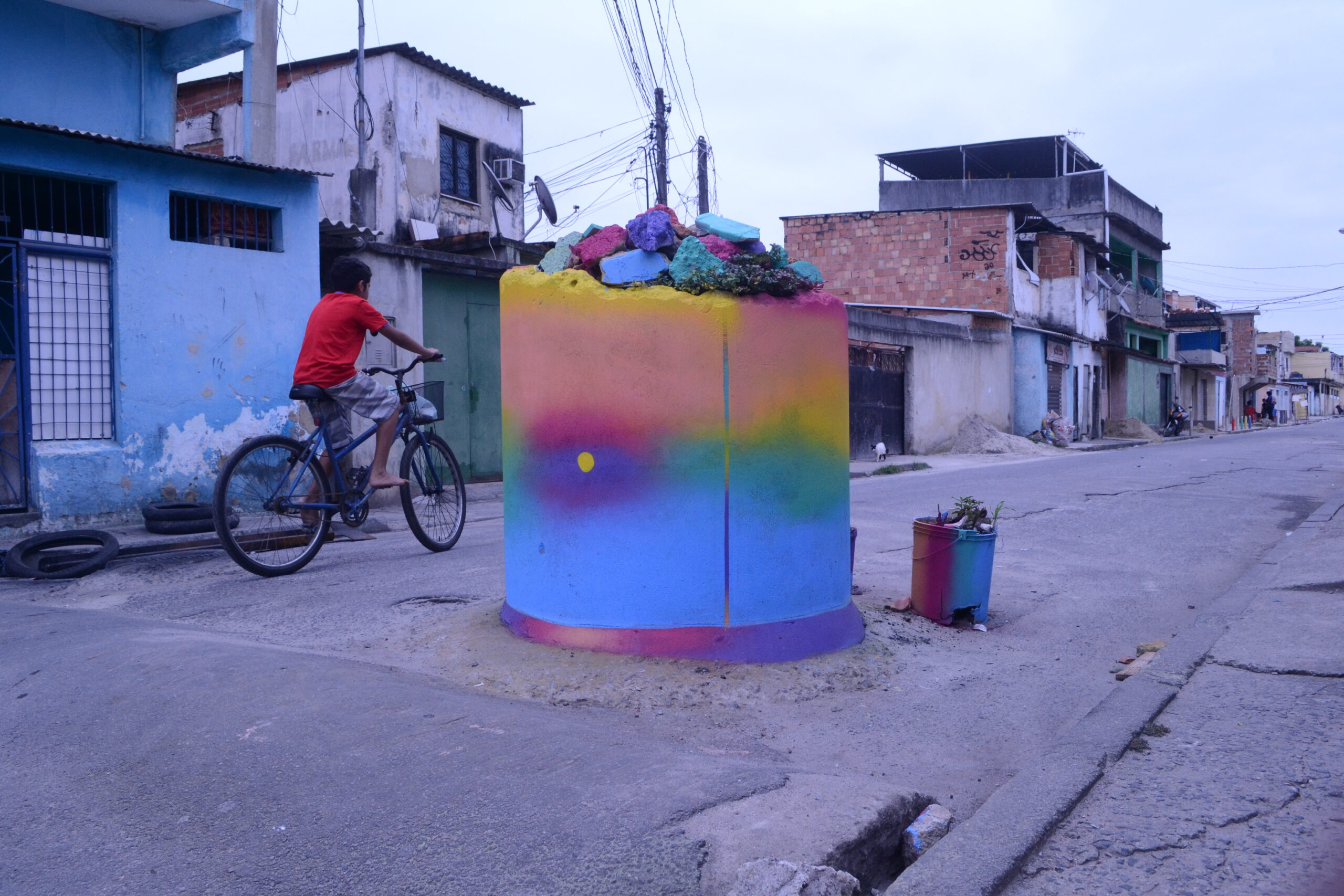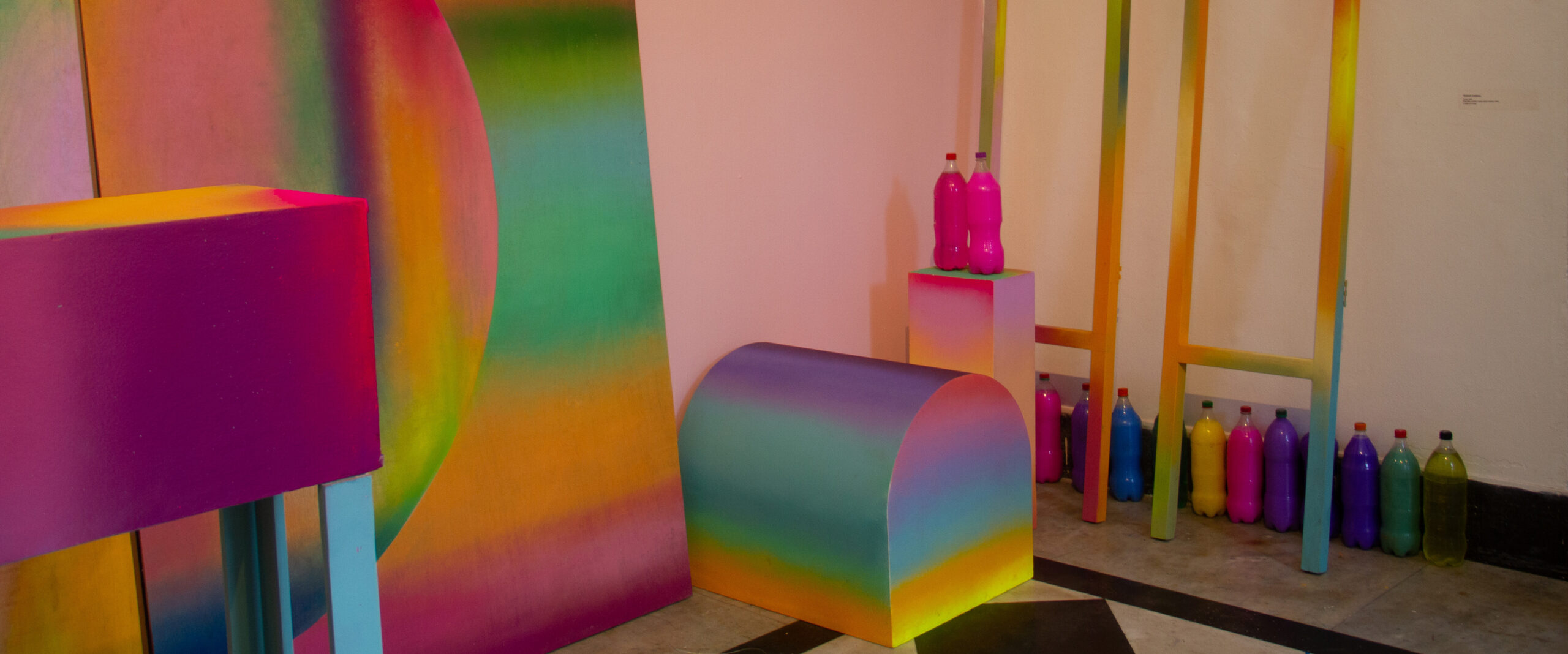Curriculum
Tainan Cabral
Rio de Janeiro - RJ, 1990
Lives and works in Rio de Janeiro
2011
Graffiti Teacher – Escola Cetesc
2012 – 2013
Video editor – Agência Apê Films
2013 – 2014
Centro Cultural A História Que Eu Conto
Role: Art Educator / audiovisual
2014
Group exhibition, “Onde Leva a Rua”
Group exhibition – Feira de Arte Urbana do Rio de Janeiro.
Speaker at the Design Fair A SEDE, carried out by UNIT (Universidade Tiradentes) – Aracaju – SE
Tema: Processo Criativo
2015 – 2017
Graffiti teacher – Projeto Ocupa Escola
2018
Sentido Oeste exhibition – Galeria Modernistas
2019
Sentido Oeste exhibition – Kariok hostel
2021
artistic residence Parque lage and group exhibition ‘deformation and formation’ course
2022
Fissuras group exhibition – Galeria Portas Vilaseca
Abre Alas exhibition – Galeria Gentil carioca SP
Art Sampa – Solar dos abacaxis
Composição Carioca group exhibition – Centro cultural PGE-RJ
Exhibition and film ‘Cavalo’ – Galeria 5 Bocas
Art Rio – galeria 5 Bocas
2023
Chromatic Vigor : affirmation – curated by Cecília Fortes
Textos
Tainan Cabral
Pablo León de la Barra – Outubro 2021
Tainan Cabral (Rio de Janeiro 1990) was born and raised by evangelical missionary parents in the Senador Camará suburb in Rio de Janeiro’s western periphery, a region also known as Complexo da Coréia and previously known as the Sertão Carioca (Carioca Desert). His artistic practice which began with drawing and graffiti evolved towards abstract paintings where light becomes painting, capturing the contemplative radiance of sunset and sunrises, and becomes portals to other states of consciousness where psychedelic experience incorporates spiritual ecstasy. Cabral’s oneiric and utopian landscapes are in dialogue with the history of neoconcrete art and tropicalism, while at the same time capture the presence of nature and the divine in the everyday through geometric and biomorphic forms, soft colours and soft edges, as well as colour gradients and fluorescences that become vital sources of energy that immerse the spectator into similar trascendental states of mind, a state which we could call TropicalMysticism.
In parallel, Cabral has been developing what he calls ‘public sculptures’ where through painting he transforms the urban barricades installed by drug cartels to protect the inhabitants of communities in Rio de Janeiro from police raids and shootings which are a common practice in the city’s civil war. Through Cabral’s interventions the barricades become markers to envision a different social reality, as well as thresholds suggesting alternative possible futures for the city and its communities.
